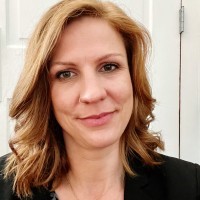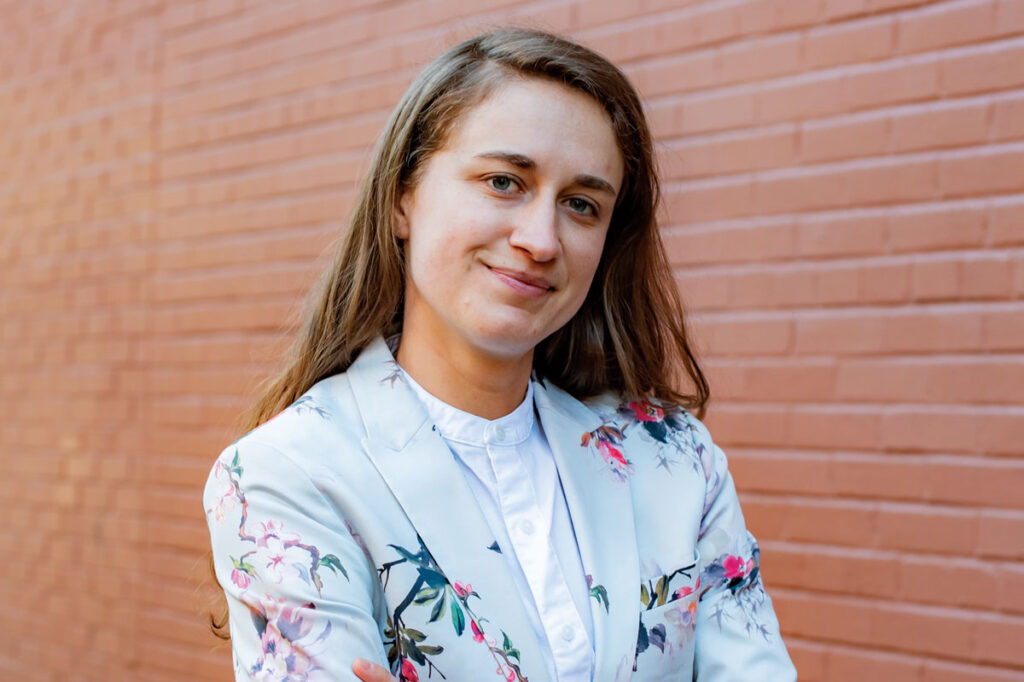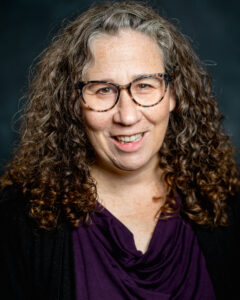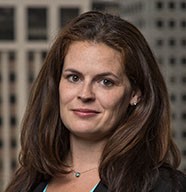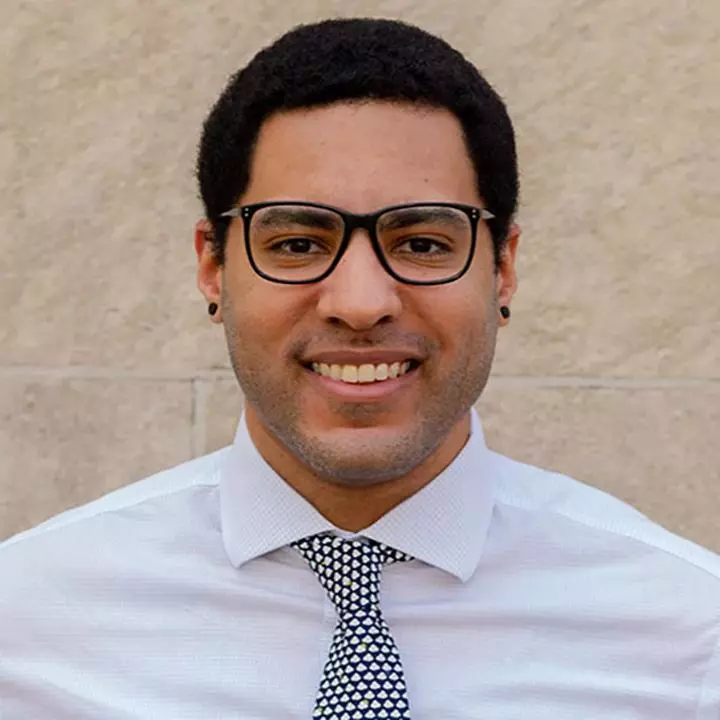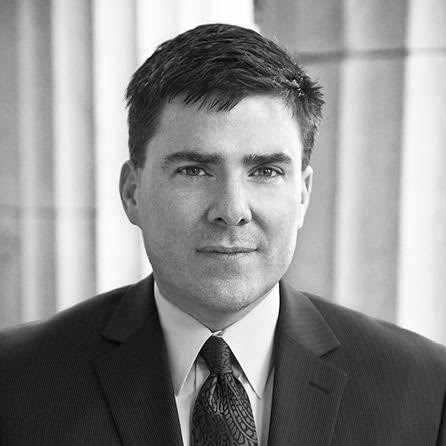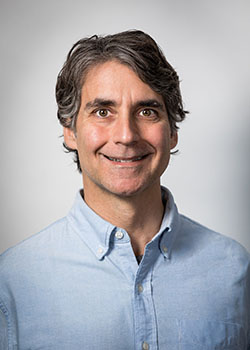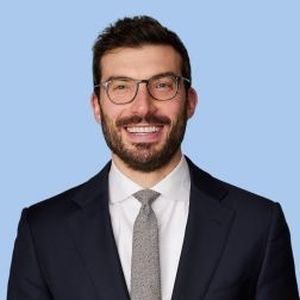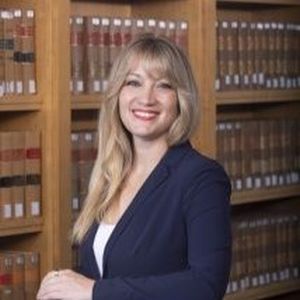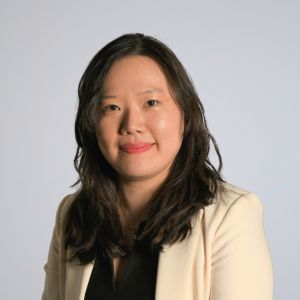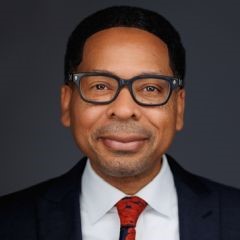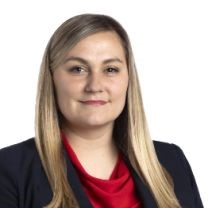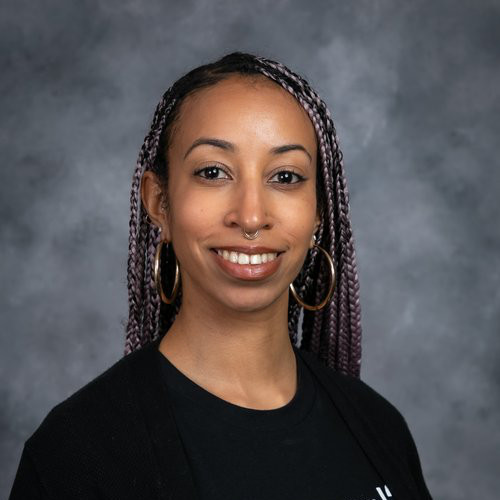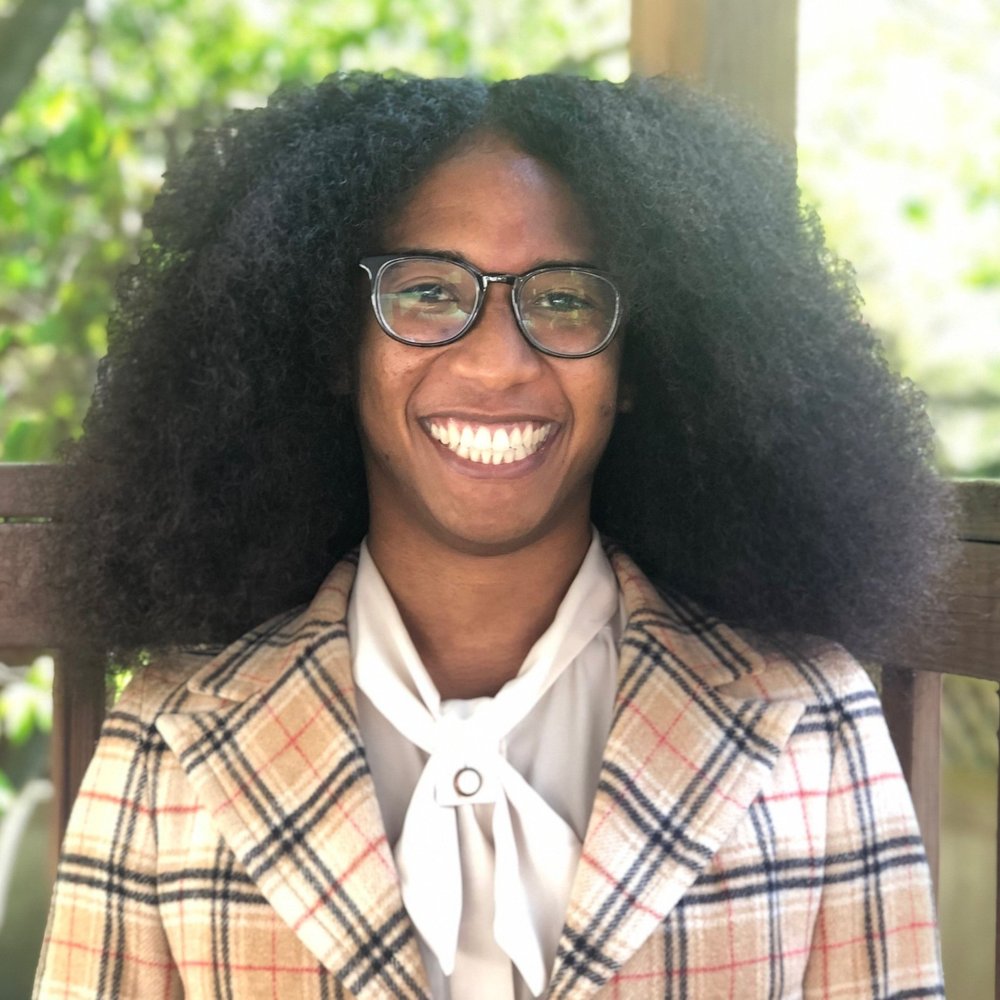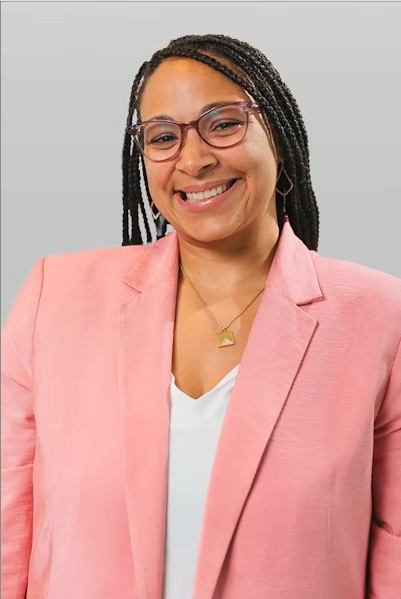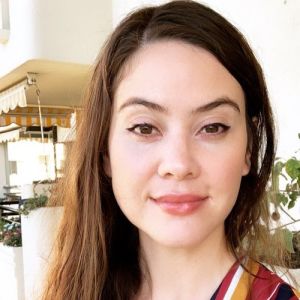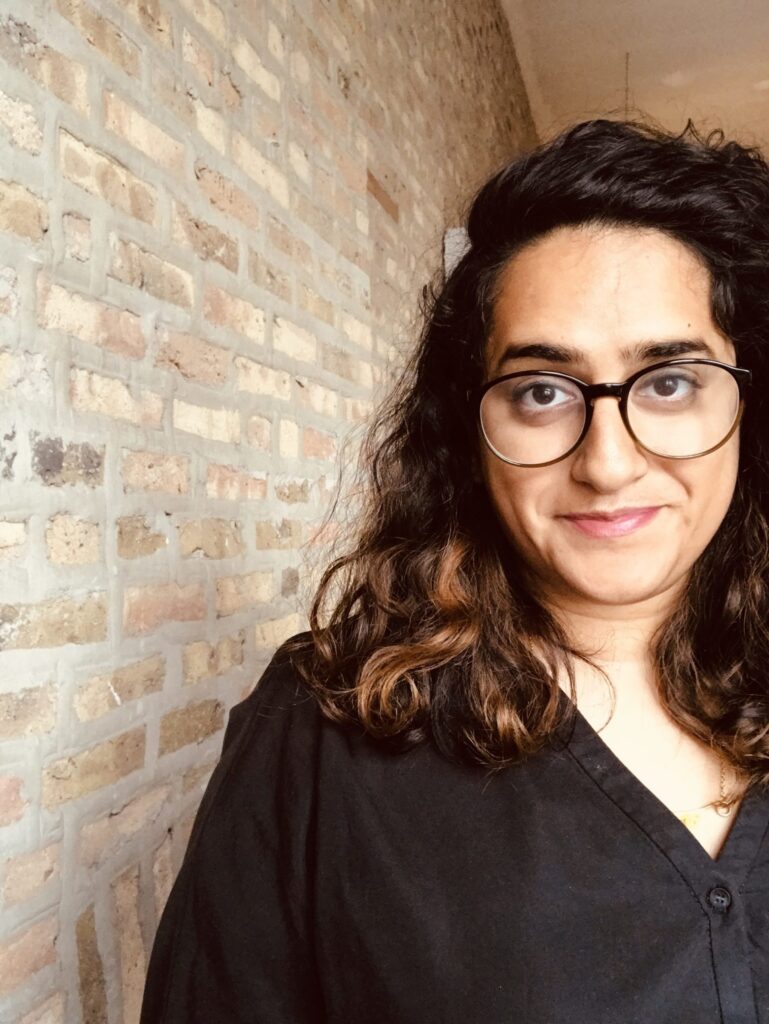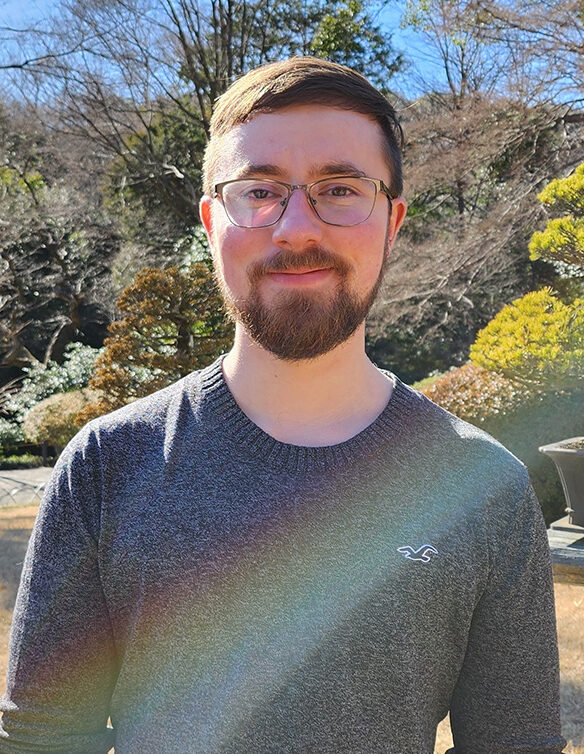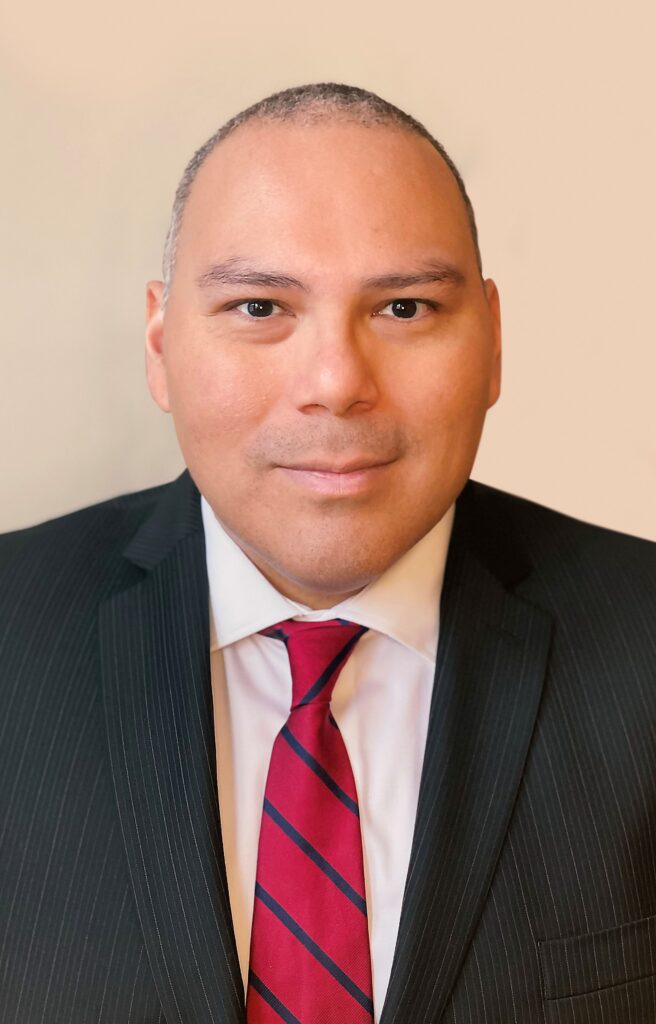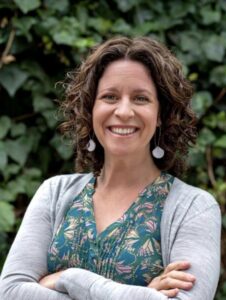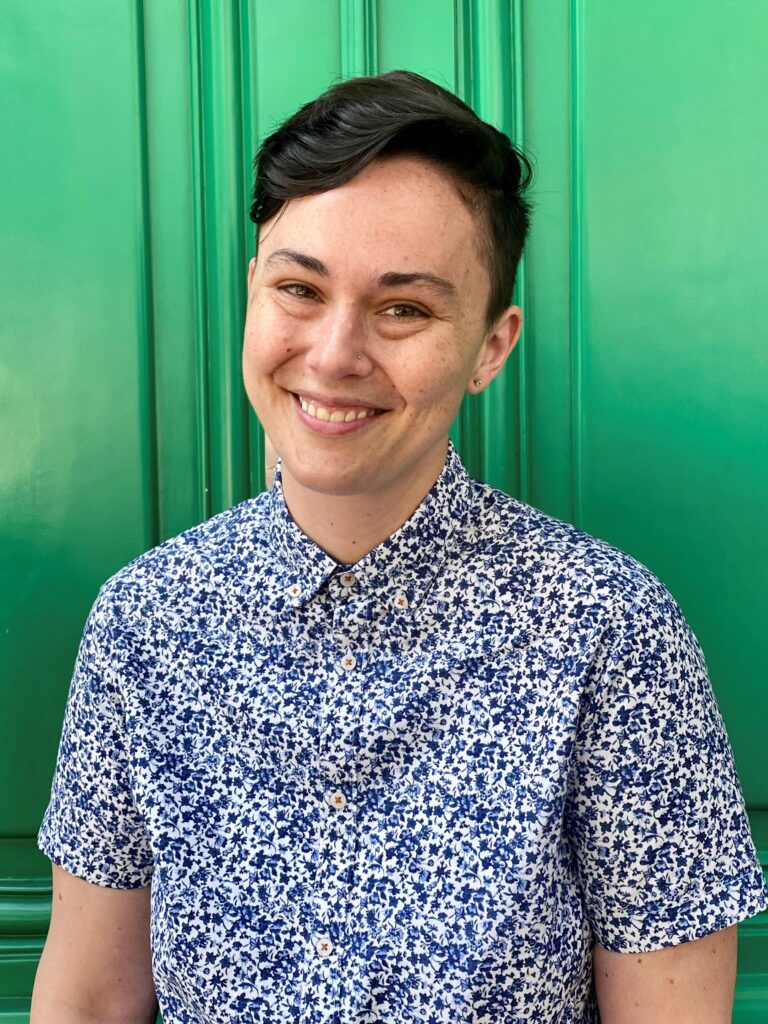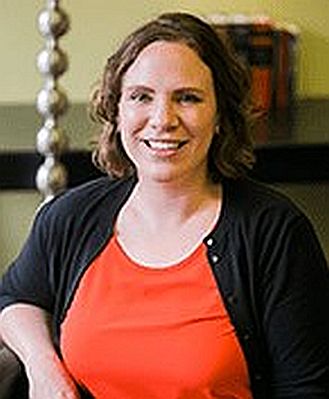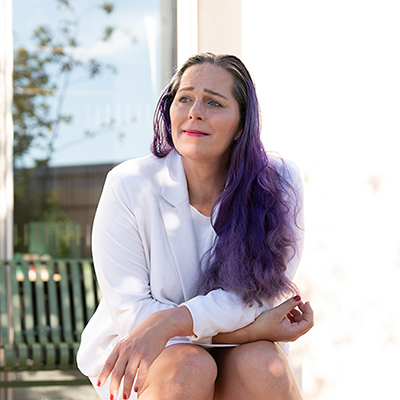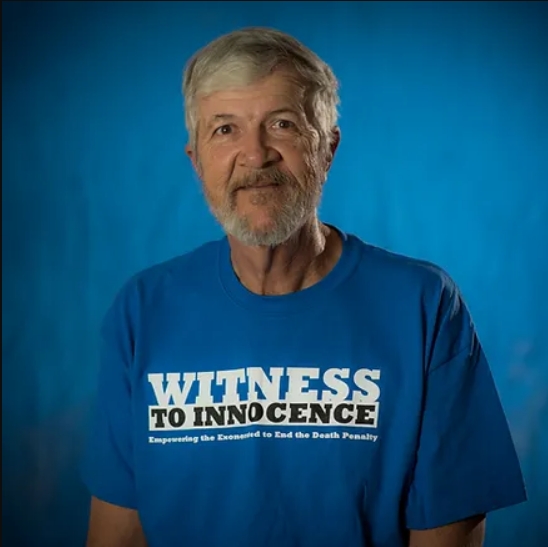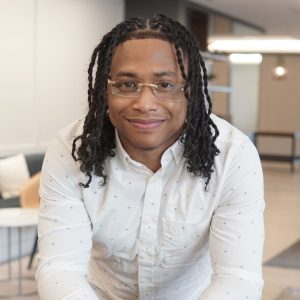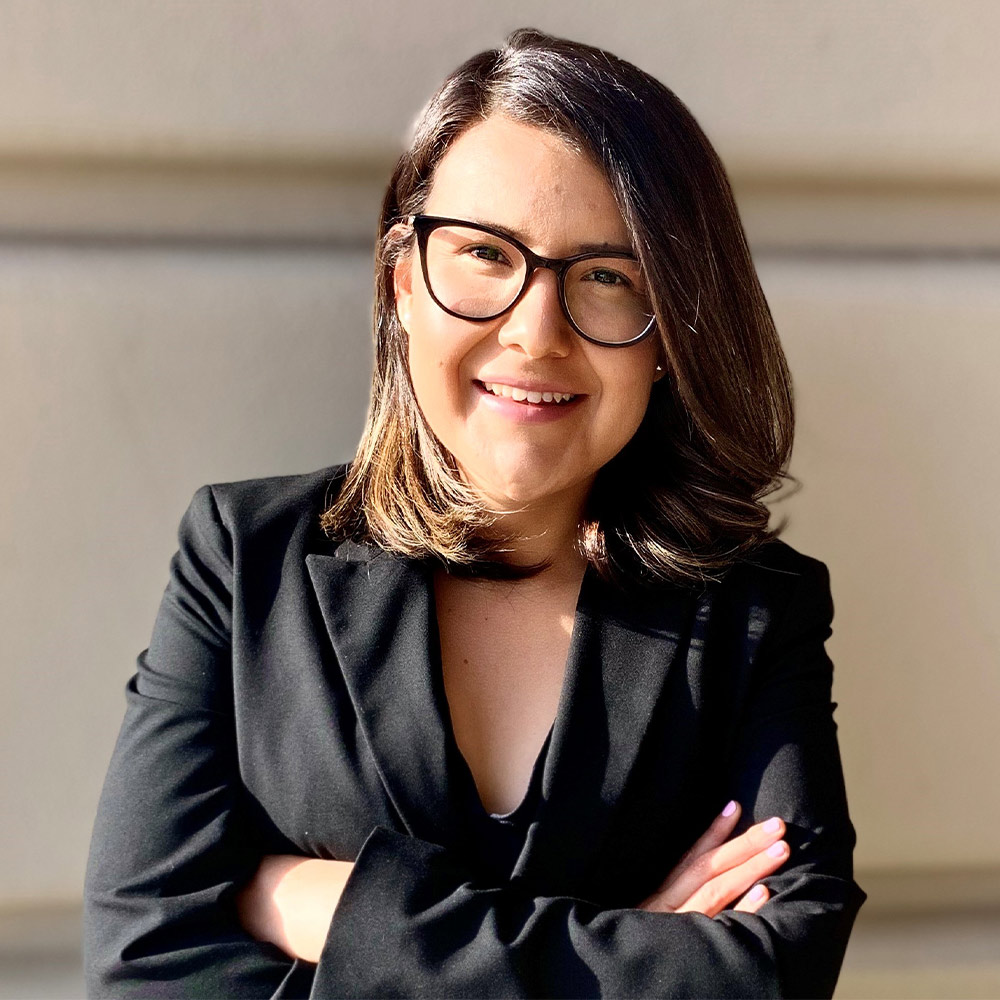Prison Law & Advocacy Conference (PLAC)Oct. 17-19, 2024
Oct. 17-19, 2024
The next Prison Law and Advocacy Conference (PLAC), will be held in Atlanta from October 17-19, 2024, hosted by the Center for Access to Justice at:
Georgia State University College of Law
85 Park Place NE
Atlanta, GA 30303
Directions
The conference is biennial; it was last held in Chicago, and before that in Denver, New Orleans, Los Angeles, and Washington DC.
The conference is an opportunity for advocates, system-impacted people, academics, and experts to gather, in order to strategize, inspire, and reflect on where we are in our fight against inhumane carceral conditions. The American South’s role as the world’s incarceration leader, makes the Atlanta location particularly appropriate.
The first day of the conference will offer a 2-3 hour afternoon primer on strategic litigation skills for newer lawyers advocating on behalf of (and with) incarcerated people. The second and third days will offer keynote speakers, concurrent panels, and plenary presentations.
Attendance is restricted to advocates for people in custody, students, and people who were formerly incarcerated. Continuing Legal Education credit will be available. We anticipate providing programming from 9 am – 5 pm each day, and breakfast and lunch, and we plan to close out each day with a reception.
More information will be posted on this page as it is available.
Keynote Speakers
Stephen. B. Bright, former executive director of the Southern Center for Human Rights and nationally recognized capital defense lawyer, professor, and civil rights advocate
Calvin Duncan, founder of Light of Justice, law school graduate, wrongly incarcerated in Louisiana for decades, who spent much of his time on the inside freeing others and changing laws as an incredible incarcerated lawyer.
Schedule
*subject to change
Thursday, October 17
Friday, October 18
Saturday, October 19
Thursday, October 17
Stewart ICE Detention Facility / Immigration Prison Visit, Lumpkin, Georgia (for confirmed attendees only)
We will offer a short, hands-on training for newer lawyers on strategic discovery practices so we can gather the information needed to advance people’s claims and hold government agencies accountable. The training will be held from 2pm – 4pm at the State Bar of Georgia at 101 Marietta Street NW, Atlanta, Georgia.
Lessons in Discovery
The JD Thursday Program is a program that focuses on specific issues and skills for colleagues who have recently received their JD. This year we will focus on the discovery process and talk about the three main methods for documentary discovery in litigation; Requests for Production, Interrogatories, and Requests for Admission. After a brief presentation about discovery successes and each of these forms of discovery participants will have the opportunity to draft a short version of each method of discovery to be reviewed and redlined with comments provided by experienced practitioners.
CLE Materials
Friday, October 18
8:00am – 8:45am: Registration & Breakfast
9:00am – 9:30am: Welcome
9:30am – 10:30am:
Plenary: Conversation with Calvin Duncan and Andrea Armstrong
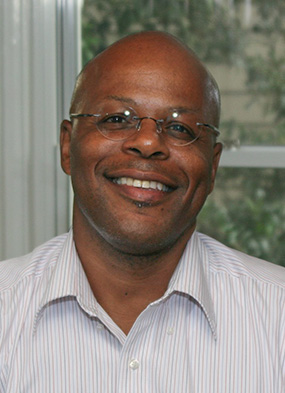
Calvin Duncan
Calvin Duncan, founder of Light of Justice, law school graduate, wrongly incarcerated in Louisiana for decades, who spent much of his time on the inside freeing others and changing laws as an incredible incarcerated lawyer.
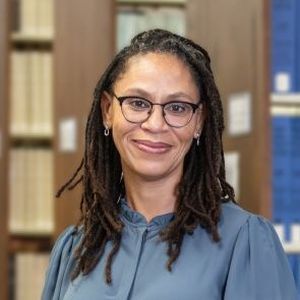
Andrea Armstrong
Andrea Armstrong is the Dr. Norman C. Francis Distinguished Professor of Law at the Loyola University New Orleans, College of Law, and a 2023 MacArthur Fellow focusing on incarceration law and policy.
10:30am – 10:50am: Morning Break
10:50am – 12:00pm: Concurrent Panels I
Advocating for People in Federal Custody: A Discussion on the Litigation and Advocacy for the Survivors from FCI Dublin
This panel will tell the story of the litigation and advocacy done on behalf of and by the survivors of the rampant sexual abuse by Federal Bureau of Prisons (BOP) officers at the Federal Correctional Institution (FCI)—Dublin in California. The panelists will discuss the organizing efforts that uncovered the survivors’ stories and led to the litigation; the class action that seeks to secure injunctive and declaratory relief for people incarcerated in the BOP and still suffering the impact of their incarceration at FCI Dublin; and the ongoing efforts to secure monetary compensation for the survivors despite the limitations on Bivens remedies. The discussion will highlight the bravery required of the survivors who came forward, the impact of the closure of FCI Dublin on the panelists’ advocacy efforts, and the challenges inherent in holding the BOP accountable for its disregard of the safety and dignity of the people it incarcerates.
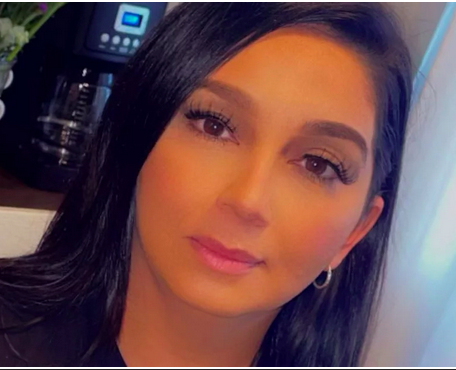
Aimee Chavira
Ms. Chavira was the first FCI Dublin survivor to tell her story to the media in 2022, paving the way for dozens of others to speak publicly about their experiences.
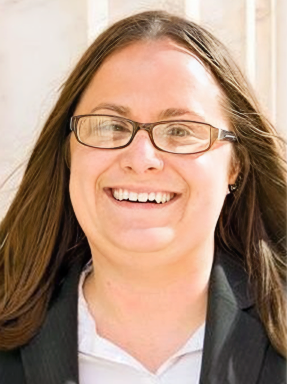
Nicole Godfrey (Moderator)
Nicole B. Godfrey, Assistant Professor of Law, Civil Rights Clinic, University of Denver Sturm College of Law
CLE Materials
- Complaint, California Coalition for Women Prisoners v. U.S. Fed. Bur. of Prisons, No 4:23-cv-04155-YGR (N.D. Cal. Aug. 16, 2023)
- Order Granting Class Certification, California Coalition for Women Prisoners v. U.S. Fed. Bur. of Prisons, No. 4:23-cv-04155-YGR (N.D. Cal. Mar. 15, 2024)
- Order Denying Motion to Dismiss, California Coalition for Women Prisoners v. U.S. Fed. Bur. of Prisons, No. 4:23-cv-04155-YGR (N.D. Cal. Sept. 5, 2024)
- Federal Prison Oversight Act, 5 U.S.C. 101 note (2024)
- USA FCI on Dublin First Special Report
- Dublin Litigation Damages Action
Mental Health Litigation
Panelists will begin with an overview of the elements a prison mental health system should contain and will discuss how one goes about building a case to show that a system fails to meet the minimum constitutional requirements. Attendees will learn about successful legal claims, challenges to systematic mental health cases, and strategies for implementing sustainable change to correctional mental health systems.
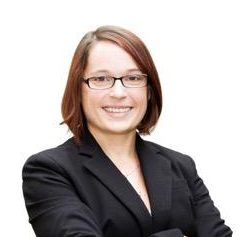
Melanie Bray
Melanie Bray is the Director of Legal Programs and Advocacy at Disability Rights Louisiana.
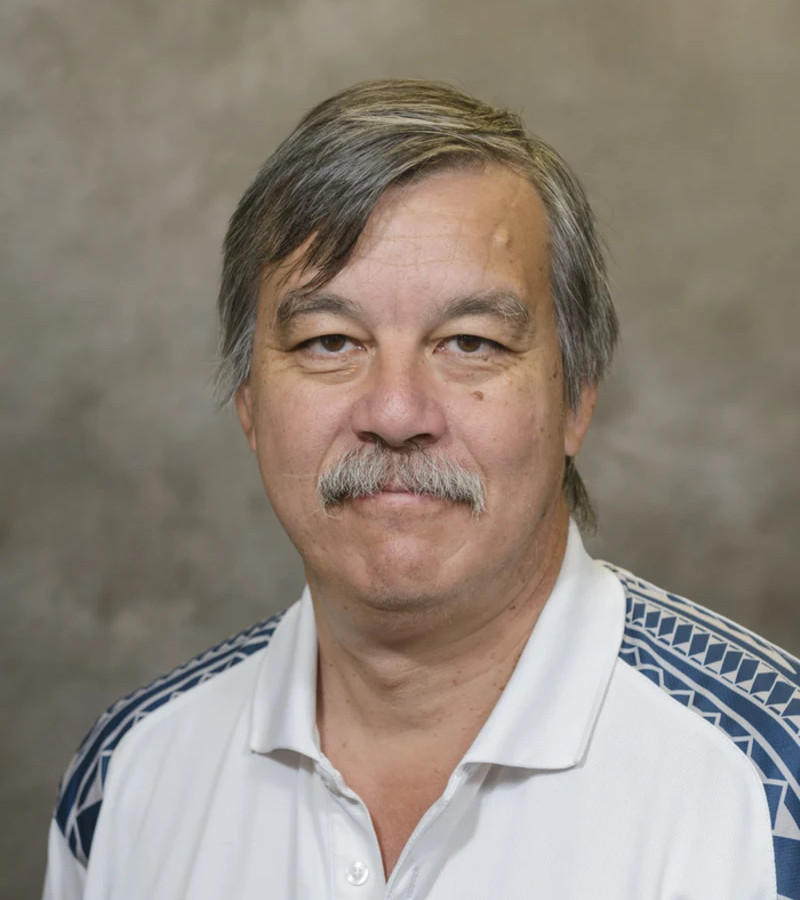
William Van Der Pol
Bill Van Der Pol is the Alabama Disabilities Advocacy Program‘s lead counsel in the agency’s on-going lawsuit on behalf of prisoners in the Alabama Department of Corrections.
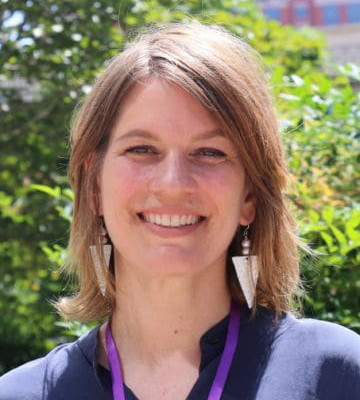
Rebecca Shaeffer (Moderator)
Rebecca Sheaffer is a Staff Attoryney in the Criminal Justice & Institutions Divition of the National Disability Rights Network.
CLE Materials
- Nick Chrastil, Mental Health Care at State Prison is “insufficient, and almost non-existent”, The Lens (Jan. 20, 2022)
- 5th Amendment Complaint, Dunn et al. v. Dunn, No. 2:14-cv-00601-MHT-TFM (M.D. Ala. Sept. 28, 2016)
- Consent Decree, Braggs et al. v. Dunn, No. 2:14-cv-00601-MHT-GMB (M.D. Ala. June 28, 2017)
- Remedial Order, Tellis v. Leblanc, No. 5:18-cv-00541-EEF-MLH (W.D. La. July 18, 2024)
- Opinion, Tellis v. Leblanc, No. 5:18-cv-00541-EEF-MLH (W.D. La. Nov. 1, 2022)
- Second Amended Complaint, Charles v. Leblanc, No. 5:18-cv-00541-EEF-MLH (W.D. La. Mar. 22, 2019)
Transparency Strategies: Enhancing Community Access and Ensuring Freedom of Information
Prison and detention litigation often involves matters of life and death, public policy, and major local, state, and federal expenditures. It is far too common that critical information (including evidence, rulings, data, operations and everyday life) is kept secret. This panel will discuss strategies to make carceral information public, including challenging non-public filings in prison litigation, requiring racial data collection, creating and protecting avenues for information from incarcerated people, and community access to information. Panelists will share their experiences and insights, offering practical guidance in litigation, legislation, and community engagement.
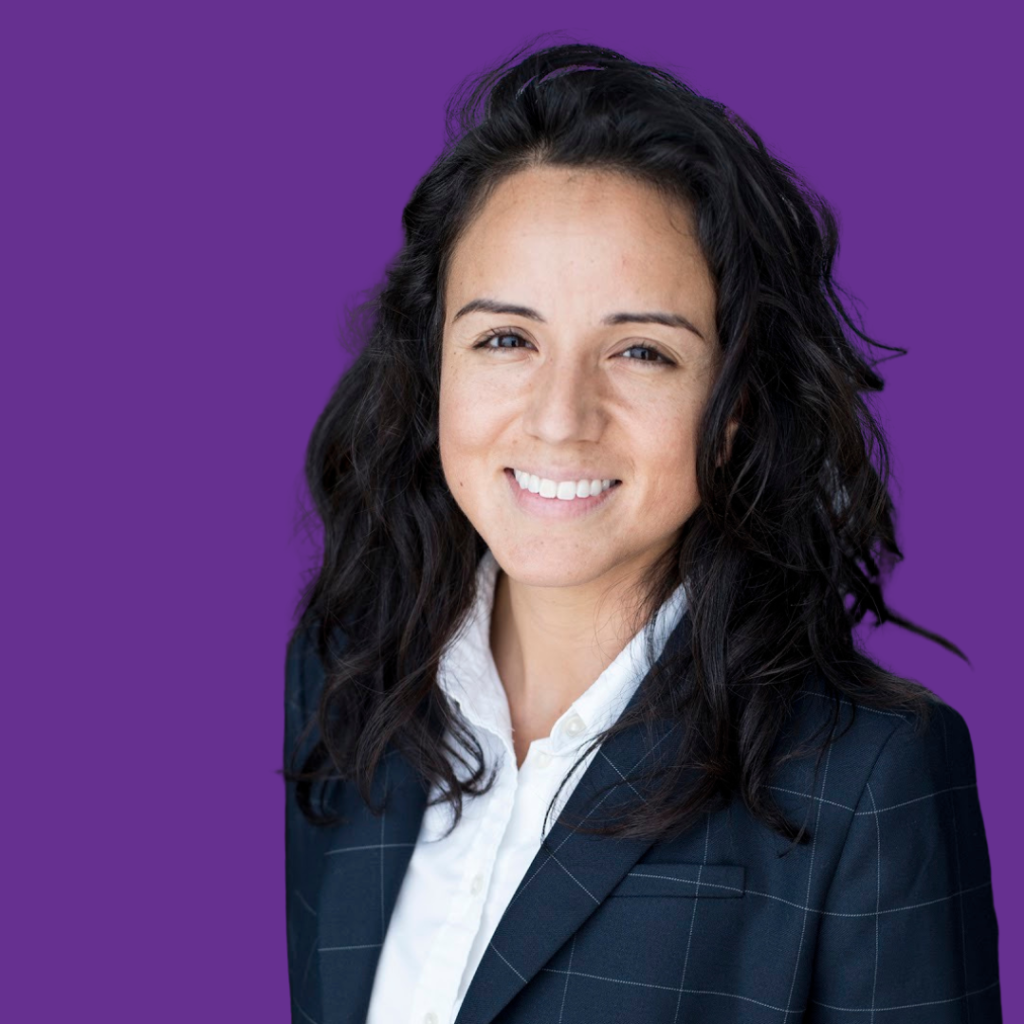
Jackie Aranda Osorno
Jackie Aranda Osorno is the Zitrin Anti-Court Secrecy Senior Attorney at Public Justice, where she focuses on increasing public access to court records and proceedings and holding private companies that profit from mass incarceration accountable.
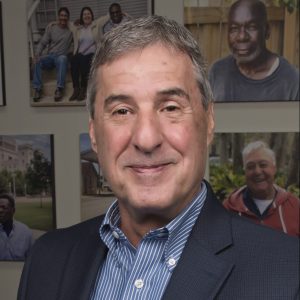
Kerry Myers
Kerry Myers is an award-winning journalist and former editor of Angolite magazine, while wrongfully incarcerated at Louisiana State Penitentiary.
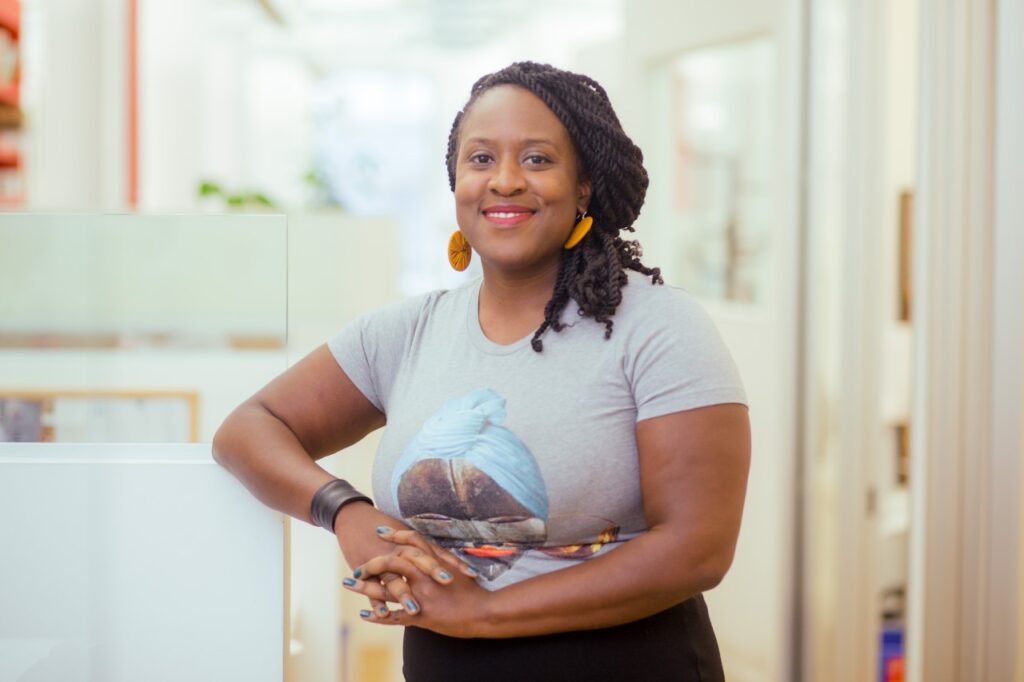
Priscilla Ocen
Priscilla Ocen is a award-winning writer and law professor at Loyola Marymount University focusing on reproductive rights, restorative justice, and critical race and gender approaches to incarceration and safety.
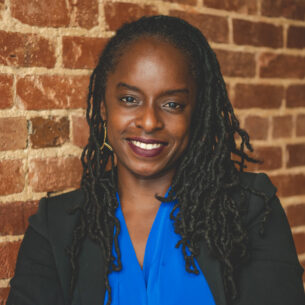
Atteeyah Hollie (Moderator)
Atteeyah Hollie is the Deputy Director of Southern Center for Human Rights and has litigated cases challenging the denial of the right to counsel for poor Georgians, illegally closed courtrooms, wealth-based detention, inhumane prison conditions, and the denial of utility services because of court debt.
CLE Materials
- Motion to Intervene, Cal. Coalition for Women Prisoners v. U.S. Fed. Bureau of Prisons, No. 4:23-cv-04155-YGR (N.D. Cal. June 11, 2024)
- Motion to Unseal Court Records, Cal. Coalition for Women Prisoners v. U.S. Fed. Bureau of Prisons, No. 4:23-cv-04155-YGR (N.D. Cal. June 11, 2024)
- Declaration of Stephen Sinclair to Unseal Court Record, Cal. Coalition for Women Prisoners v. U.S. Fed. Bureau of Prisons, No. 4:23-cv-04155-YGR (N.D. Cal. June 20, 2024)
- Hernandez v. Cnty. of Monterey, No. 13-CV-02354-BLF, 2023 WL 4688522 (N.D. Cal. July 21, 2023) (denying request to seal in their entirety neutral monitor reports in jail conditions case)
- Hernandez v. Cnty. of Monterey, No. 13-CV-02354-BLF, 2023 WL 5418753 (N.D. Cal. Aug. 21, 2023) (granting a motion to intervene by community newspaper, a nonprofit, and family of people who died at the jail for the limited purpose of moving to unseal court records)
- Model protective order (not specific to prison conditions)
- Nora Freeman Engstrom et al., Secrecy by Stipulation, 74 DUKE L.J. __ (2024)
- Louisiana Parole Project and Frederick Douglass Project for Justice: Resources Post-Visit
- Los Angles County Sheriff, Civilian Oversight Commission, Staff Report: Conditions of Confinement (April 2023)
- Morgan Godvin, The Angolite Comes to the Reveal Digital American Prison Newspapers Collection, Jstor Daily (May 13, 2022)
Best Practices for Managing a Prison Law Office & Communicating with Clients and their Loved Ones
This panel will talk about the nuts and bolts of running a prison law practice. The panel will feature people who are running a range of law and advocacy practices to talk about the challenges and opportunities of the work.
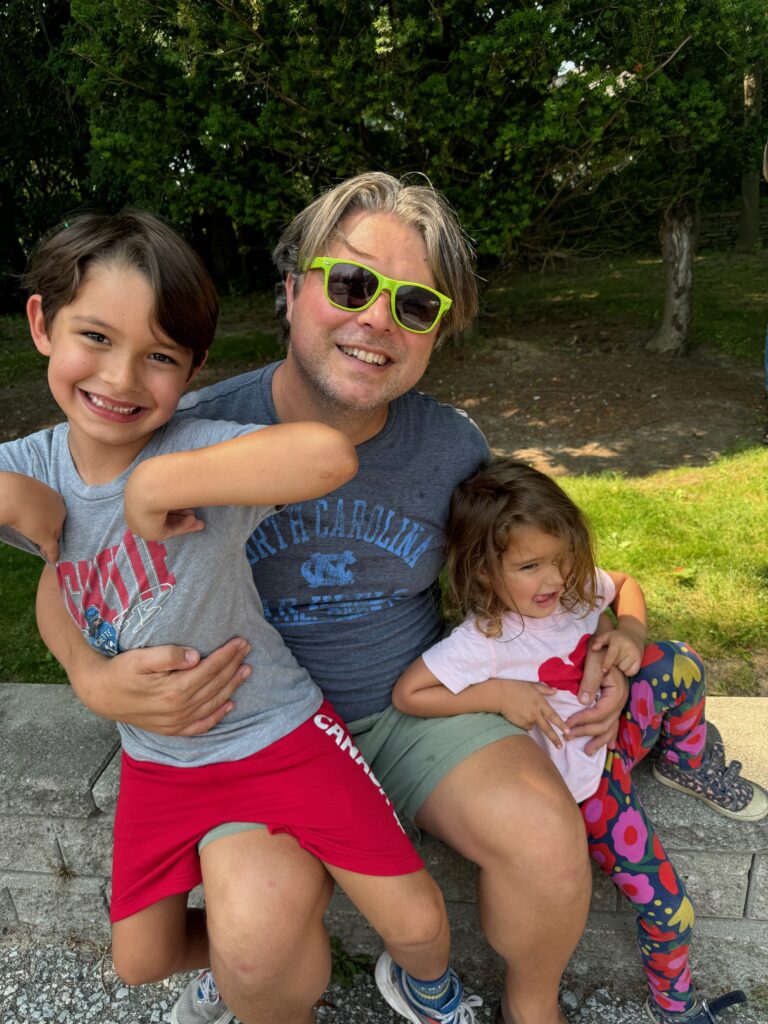
John Adcock
John Adcock has represented people inside of carceral settings as a solo practitioner in New Orleans for 15 years.
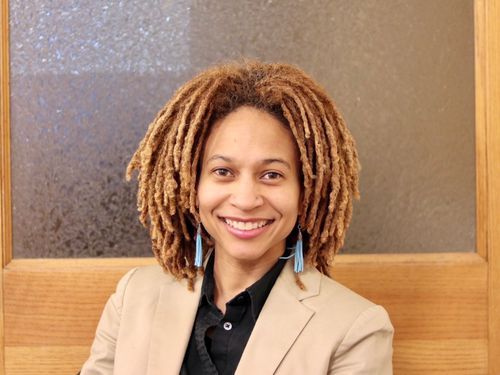
Candace Chambliss
As the Legal Director, Candace Chambliss oversees Illinois Prison Project‘s legal services team which provides direct representation to people in prison seeking release.
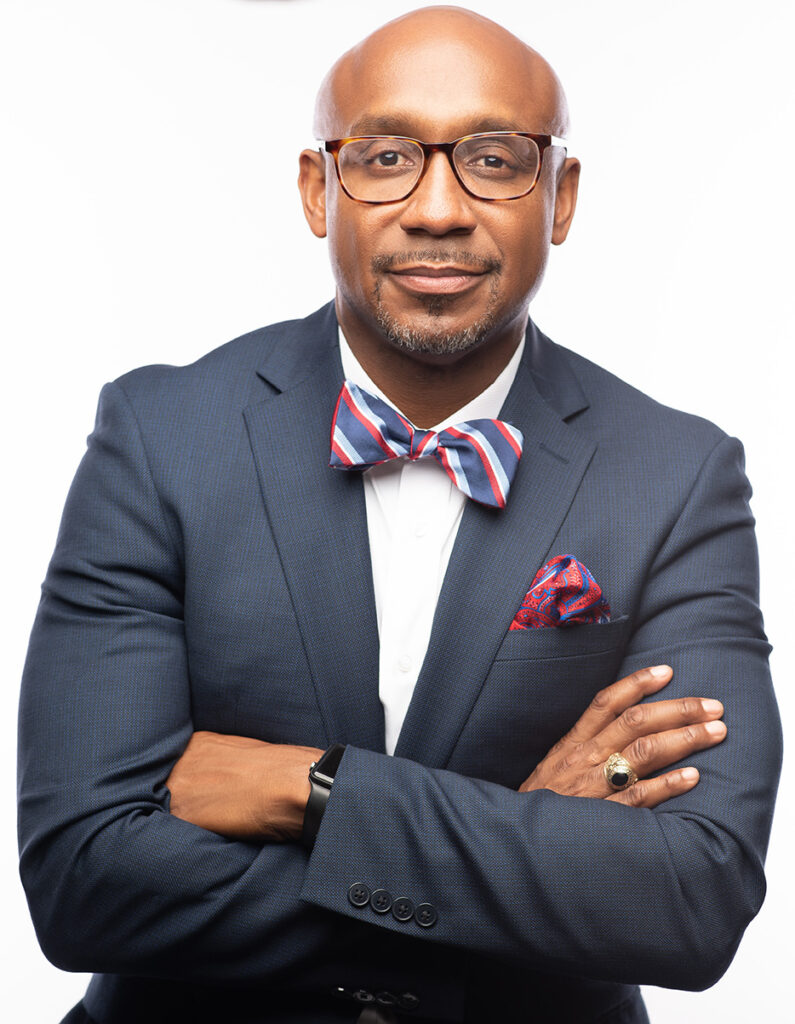
Mawuli Davis
Attorney Mawuli Mel Davis, a co-founder of the Davis Bozeman Law Firm, leads the Firm’s Criminal Defense and Trial Divisions.
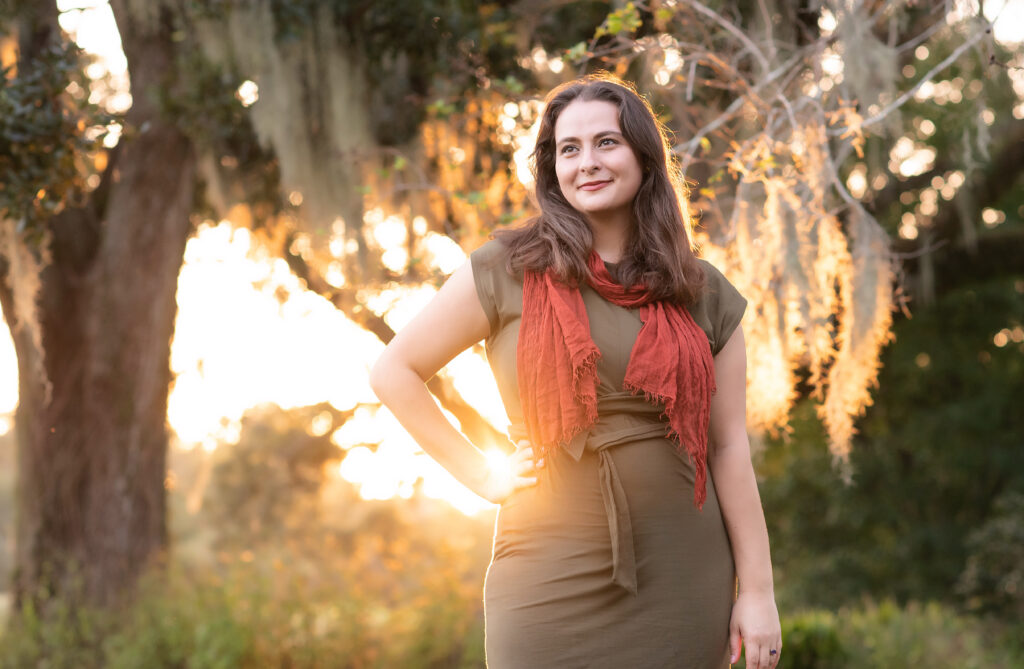
Mercedes Montagnes (Moderator)
Mercedes has spent her career litigating against prisons in Louisiana and recently transitioned to working with individual clients to support their work.
12:00pm – 1:00pm: Lunch, and a viewing of “Plantations to Prisons: A History of Forced Labor in Louisiana,” a short documentary from The Promise of Justice Initiative about the exploitation of incarcerated workers in Louisiana’s prisons. Trailer can be found here.
1:00pm – 2:30pm:
Plenary: Prison Litigation and Decarceration
The carceral state has increasingly coopted rhetoric around poor prison conditions and hijacked successful outcomes in prison condition litigation to justify the expansion of mass incarceration and the construction of new carceral facilities. This panel will explore the lessons that litigators, advocates, and organizers have learned in their simultaneous fights to support detained and incarcerated people, halt carceral expansion, and close carceral facilities, and discuss ways to avoid unintended consequences from our collective work to address abusive conditions of confinement.
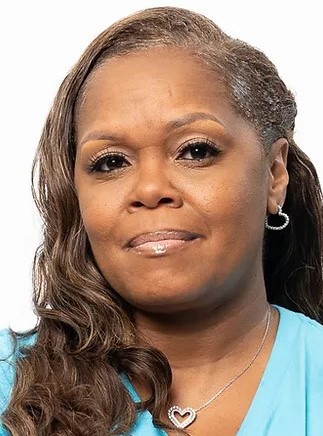
Robyn Hasan-Simon
Robyn Hasan-Simon is the Executive Director of Women on the Rise, a grassroots membership-based organization led by Black formerly incarcerated women and others impacted by the criminal legal system in Atlanta, GA.
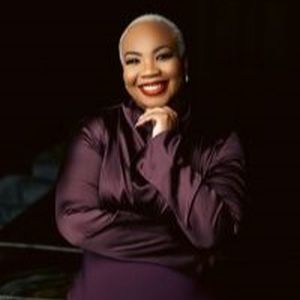
Veronica Johnson
A native of Alabama, Veronica R. Johnson currently serves as the Interim Executive Director of Alabama Justice Initiative.
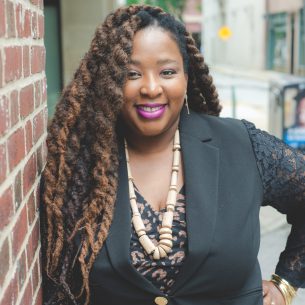
Tiffany Williams Roberts
Tiffany Williams Roberts is Director of the Public Policy Unit at Southern Center for Human Rights.
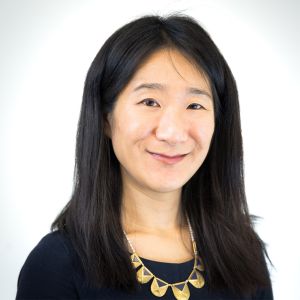
Eunice Cho (Moderator)
Eunice Hyunhye Cho is a Sr. Staff Attorney at the ACLU National Prison Project.
CLE Materials
Vera Project, Close the Atlanta City Detention Center and Deliver Long-term Public Safety (2021).
Cal. Annual Budget Amended SEC. 214. Itzm 7120-103-0001 of Section 2.00 (2023)
- ACLU of Alabama, et al., Letter to Chairman Waters, Alabama’s planned use of $400 million in COVID relief funds on building prisons (2021).
2:30pm – 2:50pm: Afternoon Break
2:50pm – 4:00pm: Concurrent Panels II
Prison and Jail Labor – New Avenues for Challenging Modern-Day Slavery
This session will bring together advocates pushing for an end to unpaid labor, punitive labor practices, and other labor issues affecting incarcerated people in prison and jails. Labor practices in southern prisons—and the challenges brought against them—will be particularly instructive during this conversation. Panelists will discuss litigation challenging forced labor in a variety of contexts, including penal plantations in Louisiana; immigration detention by GEO in California; private corporations and the state in Alabama; and work-release in and for Baltimore County. Attendees will strategize about how best to attack forced, unpaid labor in their states.
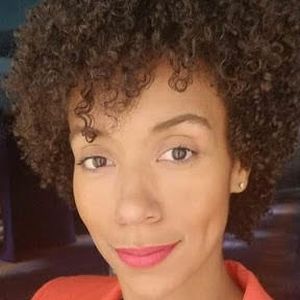
Emily Early
Emily Early is the Associate Director of the Center for Constitutional Rights’ Southern Regional Office and leads their office’s expansion in movement litigation, advocacy, and local capacity building, in partnership with allies throughout the South.
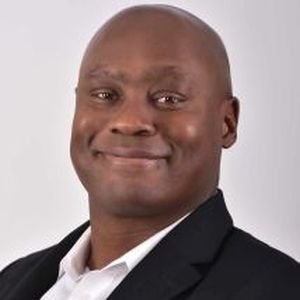
Terrance Winn
Terrance Winn went to prison at age 16 and when he returned home to Shreveport, LA at age 46, he is the founder of PIPE (Priorities Intentions Practical Exchanges), an organization that advocates for criminal justice reform.
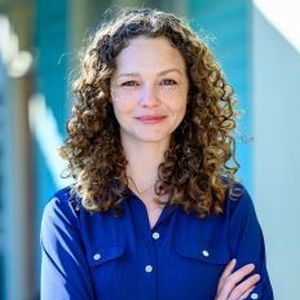
Lydia Wright
Lydia Wright is the Associate Director of Civil Litigation at the Promise of Justice Initiative in New Orleans and has significant experience litigating class and mass actions in state and federal courts across the country, including class actions challenging forced labor practices in immigration detention facilities nationwide and at the Louisiana State Penitentiary.

Andrea Armstrong (Moderator)
Andrea Armstrong is the Dr. Norman C. Francis Distinguished Professor of Law at the Loyola University New Orleans, College of Law, and a 2023 MacArthur Fellow focusing on incarceration law and policy.
CLE Materials
- Andrea Armstrong, Beyond the 13th Amendment – Captive Labor, 82 Ohio St. L.J. 1039 (2021)
- The Promise of Justice Institute, Punitive By Design – The Farm Line at the Louisiana State Penitentiary (2023); see also video testimonials
- Complaint, Voice of the Experienced et al v. LeBlanc, No. 3:23-cv-01304-BAJ-EWD, (M.D. La., Sept. 16, 2023)
- H.B. 730, Reg. Sess. (La. 2024) – The Fairness and Safety Act for Louisiana Incarcerated Workers
- Scott et al. v. Baltimore Cnty., Maryland, 101 F.4th 336 (4th Cir. 2024).
- Barrientos v. CoreCivic, Inc., 951 F.3d 1269 (11th Cir. 2020)
- Ruelas v. Cnty. of Alameda, 15 Cal. 5th 968 (2024)
- Stanley v. Ivey, Complaint (May 1, 2024, 15th Jud. Cir., Montgomery, Al)
Decarceration through Disability Litigation by Protection and Advocacy Agencies (Competency focus)
A disability approach to decarceration understands that jails and prisons exist on a spectrum of carcerality that includes other forms of institutionalization, and that the creation of community care services is a necessary component of reducing reliance on incarceration and institutionalization. Cases challenging long waiting lists for admission to state psychiatric hospitals for competency evaluation and restoration have succeeded in decarcerating people with mental health disabilities from jails in part through establishing community-based evaluation and restoration systems, with wraparound services including housing. Achieving these settlements requires the involvement of agencies outside of jails themselves, including state departments of health and human services and housing, prosecutors and courts. They also require an understanding of the pressures on bed space at state hospitals created by civil commitment and other failures of community care. This panel features litigators from some of the major settlements in this area of law from Washington, Oregon and Colorado, who will unpack what community services the settlements have produced and the impact of these on the incarceration of people with serious mental illness, and what sustained enforcement has required from courts, legislatures, and service providers.

Meghan Baker
Meghan Baker, JD, MSW leads the facilities and community integration team at Disability Rights Colorado, the state protection and advocacy agency, where she leads the agency’s work on mental health treatment in jails and prisons, child welfare and juvenile justice practices.
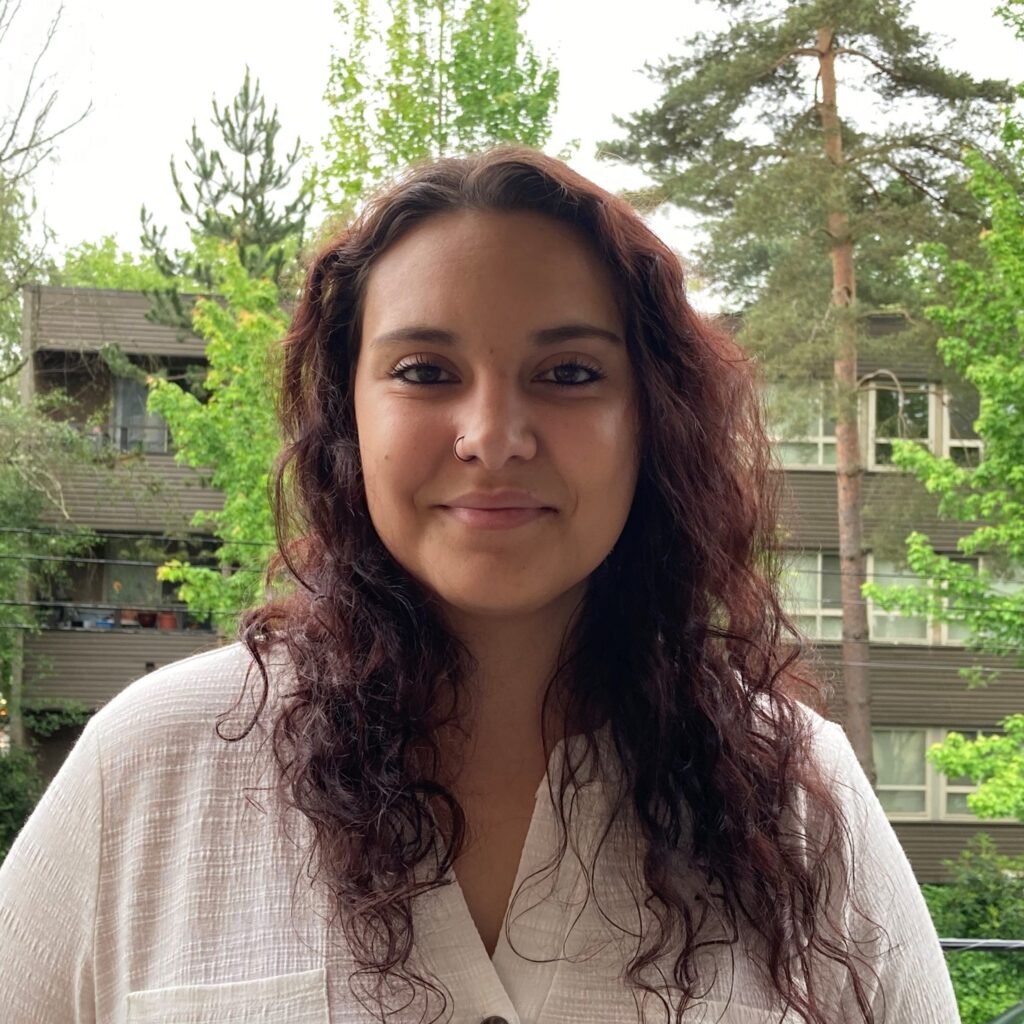
Chloe Merino
Chloe Merino is a Staff Attorney on Disability Rights Washington’s treatment facilities team. She focuses on issues affecting civil and forensic patients within treatment facilities around Washington State and is counsel on A.B. v. DSHS, more commonly referred to as Trueblood.
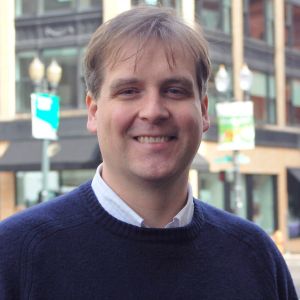
Tom Stetson
Tom Stenson is the Deputy Legal Director of Disability Rights Oregon, the state protection and advocacy agency, where he focuses on systemic efforts to improve and reform services for people with disabilities.
CLE Materials
- Trueblood – FAQ
- Trueblood Settlement Agreement Summary
- Trueblood Joint Motion for Approval of Settlement Agreement, Trueblood v. Wash. St., No. 2:14-cv-01178-MJP (W.D. Wash. June 14, 2024)
- Trueblood Phase 3 Implementation (May 31, 2023)
- Joint Motion for Approval and Entry of Consent Decree, Center for Legal Advocacy v. Barnes, No. 1:11-cv-02285-NYW (D. Colo. Mar. 15, 2019)
- Complaint, Center for Legal Advocacy v. Bicha, No. 1:11-cv-02285-NYW (D. Colo. Aug. 31, 2011)
- Colorado Competency Solutions
Working With and Around the PLRA
Since 1996, the Prison Litigation Reform Act has made civil rights cases for people behind bars harder to bring and harder to win. But there are strategies to manage the PLRA. Panelists will discuss both accepted workarounds and potential new avenues to push back.
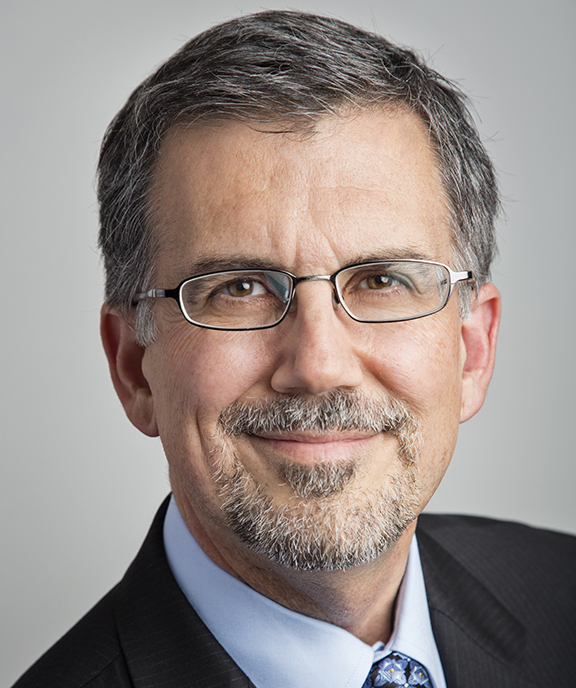
David Fathi
David C. Fathi is Director of the American Civil Liberties Union National Prison Project, which brings challenges to conditions of confinement in prisons, jails, and other detention facilities, and works to end the policies that have given the United States the highest incarceration rate in the world.
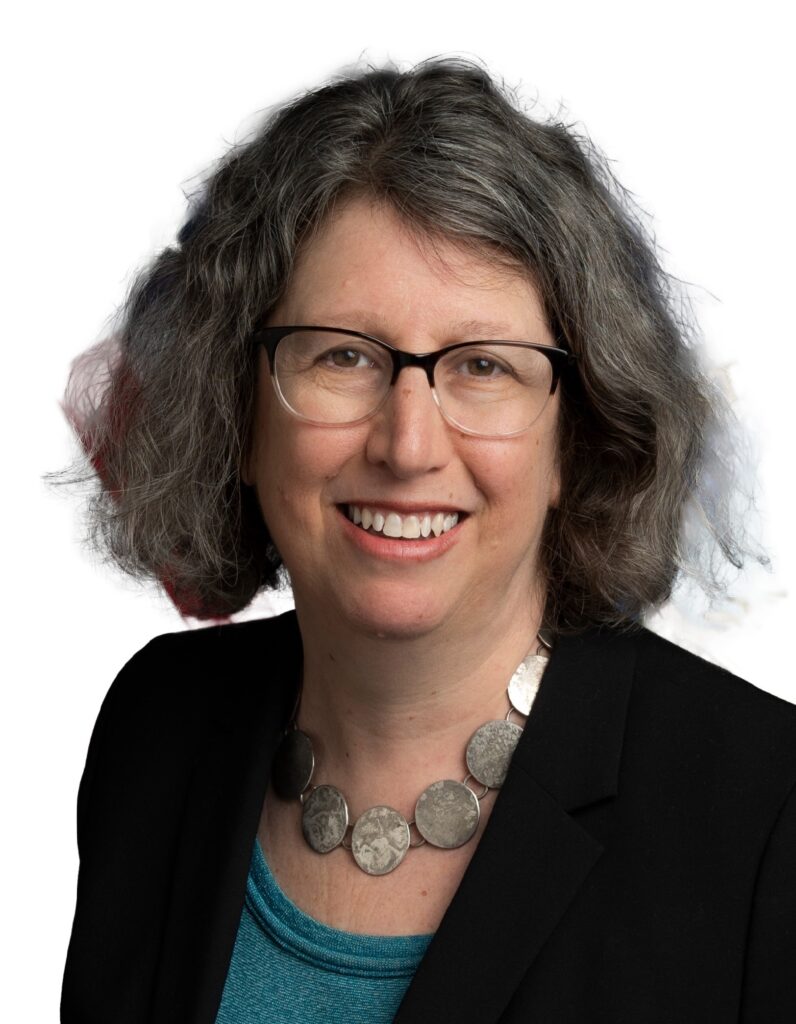
Margo Schlanger (Moderator)
Margo Schlanger is a Professor at the University of Michigan Law School, and is the Director of the Civil Rights Litigation Clearinghouse. Margo has litigated prisoners’ rights cases and written extensively about the PLRA.
Using State Courts to Effect Change
With increasing hostility to civil rights claims at the federal level, advocates must devise new strategies and venues for addressing human rights abuses on the inside outside of the federal courthouse. Panelists with extensive experience researching and litigating state court challenges will provide insights on how to use state courts to advance justice for your clients.
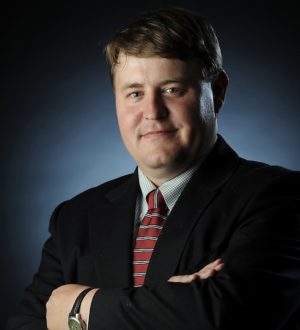
Will Berry
Will Berry is the Associate Dean for Research and Montague Professor of Law at the University of Mississippi. His scholarship focuses on capital punishment, sentencing, torts, and labor law.
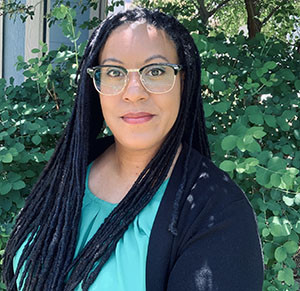
Valerie Collins
Valerie Collins has been an attorney at Towards Justice since April 2020. Her practice is focused on all forms of employee representation and advocacy, including forced labor, wage theft, antitrust violations, and discrimination.
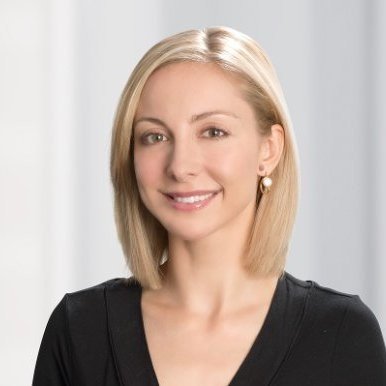
Kathrina (Kasia) Szymborski Wolfkot (Moderator)
Kasia Wolfkot is senior counsel in the Brennan Center’s Judiciary Program, and the managing editor of State Court Report, a Brennan Center publication focused on state courts and state constitutional law.
CLE Materials
- William W. Berry III, Cruel State Punishments, 98 N.C. L. Rev. 1201 (2020)
- Kyle C. Barry, What Is ‘Punishment’? How State Courts Can Fix a Destructive Flaw In Eighth Amendment Case Law, State Court Report (Dec. 13, 2023)
- Gary S. Gildin, A Primer on Advocating Independent State Constitutional Remedies, State Court Report (Feb. 27, 2024)
- Gary S. Gildin, Paths Toward Abolishing Qualified Immunity for Violations of State Constitutional Rights, State Court Report (Jun. 25, 2024)
- Kathrina Szymborski Wolfkot, Why Are State Constitutional Challenges to Inhumane Prison Conditions So Rare?, State Court Report (Aug. 1, 2024)
- Kathrina Szymborski Wolfkot, Using State Constitutional Protections to Improve Life Behind Bars, State Court Report (Feb. 15, 2023)
- Justice Jackson Dissent, Johnson v. Prentice, No. 22-693 (U.S. Nov. 13, 2023)
- Petition, Johnson v. Prentice, No. 22-693 (U.S. Jan. 23, 2023)
- Reply Brief , Johnson v. Prentice, No. 22-693 (U.S. July 12, 2023)
- Decision, Sterling v. Cupp, 625 P.2d 123 (1981)
- Decision, Lawson v. Cain, 323 Or App 730 (2023)
- Class Action Complaint, Lilgerose v. Polis, No. 2022-cv-30421 (Colo. Feb. 15, 2022)
4:00 – 4:15pm: Afternoon Break
4:15pm – 5:30pm:
Plenary: Reports from the Field
This is an opportunity for people to give short (5 minute)
presentations on any new, creative, interesting work they are doing.
It is an opportunity for anyone who is not on a panel
to share their work with the conference.
Think (very) condensed Ted Talk!
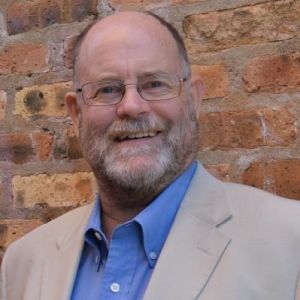
Alan Mills (Moderator)
For the past 45 years, Alan Mills has litigated both individual and class action cases against the Illinois Department of Corrections, including cases relating to parole, solitary, medical, and mental health care.
5:30pm – 7:00pm: Reception at GSU Law
Saturday, October 19
9:00am – 9:30am: Breakfast
9:30am – 10:50am:
Plenary: Increased Doctrinal Challenges under the 8th Amendment

Margo Schlanger
Margo Schlanger is a Professor at the University of Michigan Law School, and is the Director of the Civil Rights Litigation Clearinghouse. Margo has litigated prisoners’ rights cases and written extensively about the PLRA.
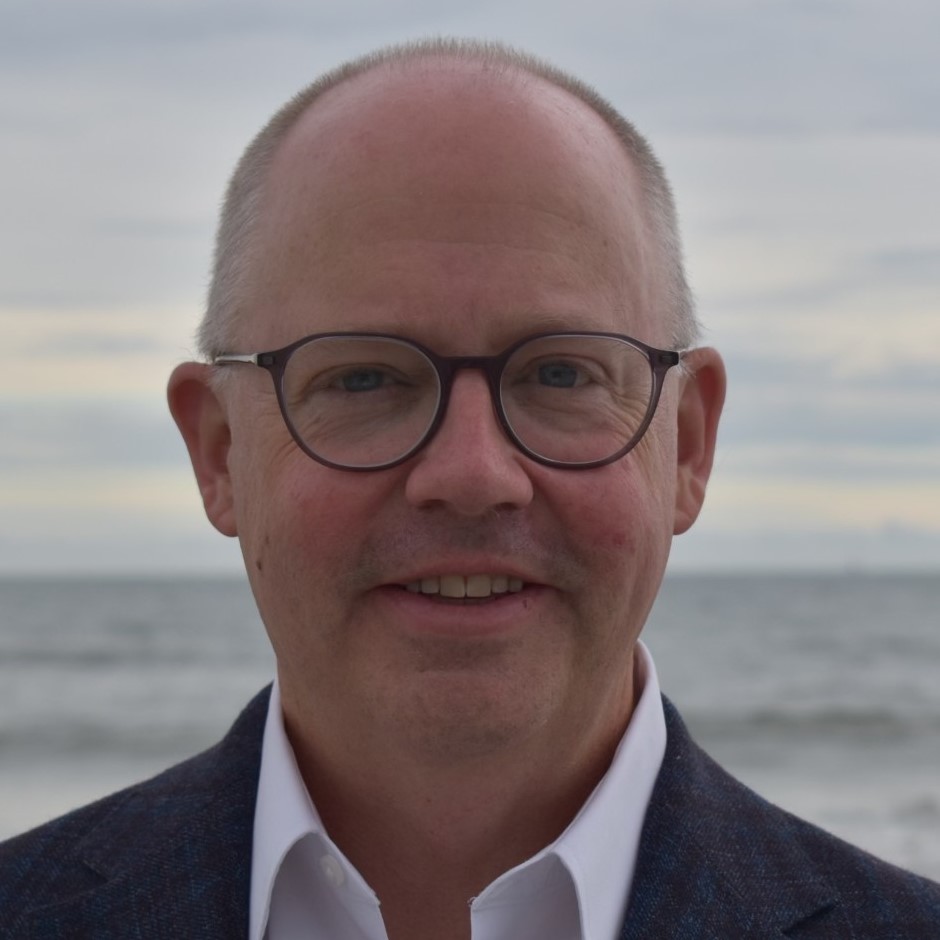
John Stinneford
John Stinneford is a Professor at the University of Florida Law School. Professor Stinneford researches, teaches, and consults about legal ethics, criminal law, criminal procedure, and constitutional law.

Jennifer Wedekind
Jennifer Wedekind is a Senior Staff Attorney at the ACLU National Prison Project. Jennifer’s work focuses on protecting and expanding the rights of incarcerated people.
CLE Materials
- John F. Stinneford, Law, Politics, and the Eighth Amendment, 2023-2024 Cato Sup. Ct. Rev. 231 (2024)
- Opinion, Grants Pass v. Johnson, No. 23-175 (U.S. June 28, 2024)
- John Stinneford Brief, Grants Pass v. Johnson, No. 23-175 (U.S. Mar. 4, 2024)
- ACLU Brief, Grants Pass v. Johnson, No. 23-175 (U.S. Apr. 3, 2024)
- Margo Schlanger, The Constitutional Law of Incarceration, Reconfigured, 103 Cornell L. Rev. 358, 436 (2018)
- Yost amicus, Chrisman v. Zakora, No. 22-614 (U.S. March 2023) (arguing the Eighth Amendment only applies to criminal sentences and urging the Supreme Court to grant cert and ask for briefing on whether Eighth Amendment precedent beginning with Trop should be overruled)
- AG amicus, Commissioner v. Smith, No. 23-167 (U.S. Sept. 20, 2023) (arguing against evolving standards)
- Opinion, Wade v. McDade, No. 21-14275 (11th Cir. July 10, 2024) (Newsom’s concurrence argues for a cruel intent standard)
10:50am – 11:00am:
The Civil Rights Litigation Clearinghouse
The Civil Rights Litigation Clearinghouse is a great resource for prisoner’s rights advocates. Learn how to use it most effectively at this session.
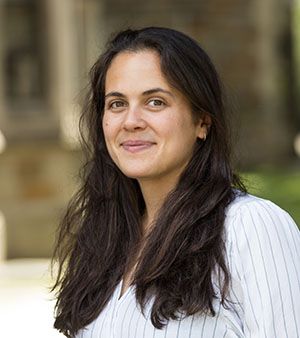
Tessa Bialek
Tessa Bialek is the Managing Attorney for
the Civil Rights Litigation Clearinghouse at
the University of Michigan Law School.

Margo Schlanger
Margo Schlanger is a Professor at the University of Michigan Law School, and is the Director of the Civil Rights Litigation Clearinghouse. Margo has litigated prisoners’ rights cases and written extensively about the PLRA.
11:00am – 11:20am: Morning Break
11:20am – 12:30pm: Concurrent Panels III
Claims for Monetary Damages
In this panel, we will discuss the benefits and challenges of pursuing claims for monetary damages. Panelists will discuss strategies around bringing damages cases on behalf of both state and federal prisoners, common legal issues like qualified immunity, and how these cases fit into larger decarceration and reform strategies.
CLE Materials
- Straker v. Stancil N. 1:20-cv-03478-WJM-STV (D. Colo., Aug. 3, 2023)
- Danielle Jefferis, RIP Bivens, 106 Neb. L. Rev. 1 (2024)
- Opinion & Order, Farris v. Kohlrus , No. 17-cv-3279 (C.D. Ill. Feb. 13, 2023)
- Plaintiff’s Opposition to Motion to Dismiss, Herrera v. USA, No. 1:20-cv-10206-PKC (S.D. N.Y. Aug. 6, 2021)
- Opinion & Order, Herrera v. USA, No. 1:20-cv-10206-PKC (S.D. N.Y. Mar. 27, 2022)
Litigating Medical Conditions and Access to Medication for Opioid Use Disorder
In this session, our focus will be on exploring litigation strategies related to medical care, with a particular emphasis on litigation opportunities in the context of medication access for opioid use disorder. We will include firsthand accounts from individuals who have struggled with opioid use disorder, both within and outside of incarceration settings, and their efforts to advocate for improved conditions. Additionally, we will hear from litigators and gain insights into the strategies they are employing to drive positive change in this area.
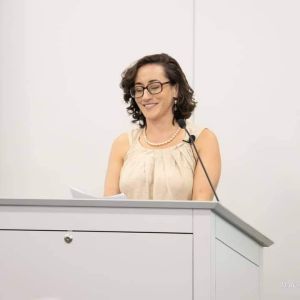
Celine Aubert
Celine Aubert is a public speaker whose re-entry success story offers a unique perspective regarding managing addiction behind bars. She has a degree in Psychology from the University of South Alabama.
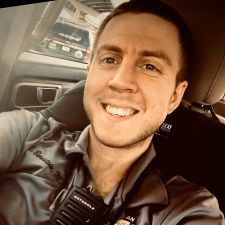
Dr. Kasha Josephine Bornstein
Dr. Kasha Bornstein is a harm reductionist, researcher, paramedic, and physician finishing their residency in Emergency Medicine and Internal Medicine.
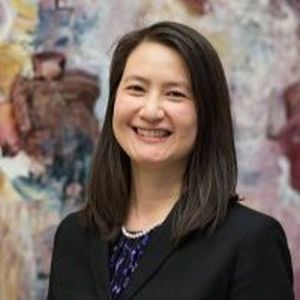
Su Ming Yeh
Su Ming Yeh is the Executive Director of the Pennsylvania Institutional Law Project, which protects and advances the constitutional and civil rights of people incarcerated in Pennsylvania through litigation, advocacy, and legal advice.
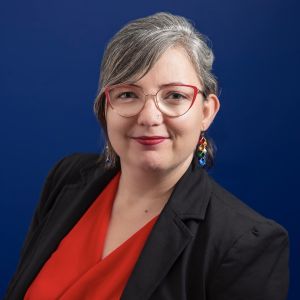
Lalita Moskowitz
Lalita Moskowitz is the Litigation Manager at the ACLU of New Mexico, where she has been litigating prison and jail conditions for a little over six years.
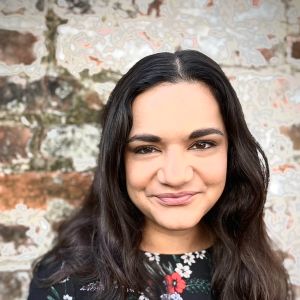
Nishi Kumar (Moderator)
Nishi Kumar is the Director of Medical Legal Projects at the Medical Justice Alliance, a non-profit organization of volunteer medical professionals that protects the right to medical care for every person incarcerated.
CLE Materials
- Complaint, Disability Rights New Mexico v. Lucero, No. 1:22-cv-00954 (D.N.M. Dec. 15, 2022)
- Order & Settlement Agreement, Disability Rights New Mexico v. Lucero, No. 1:22-cv-00954 (D.N.M. Mar. 5, 2024)
- Opinion #1, Lewis v. Cain, No. 3:15-cv-00318-SDD-RLB (M.D. La. Mar. 31, 2021)
- Opinion #2, Lewis v. Cain, No. 3:15-cv-00318-SDD-RLB (M.D. La. Nov. 6, 2023)
Prison Litigation & Grassroots Advocacy Campaigns: Conflict Resolution, Communication Strategies and Best Practices for Collaboration
“Change means movement. Movement means friction. Only in the frictionless vacuum of a nonexistent abstract world can movement or change occur without that abrasive friction of conflict.” – Saul Alinsky.
Conflicts between traditional litigators and community-led advocacy campaigns occur frequently–but can those tensions provide opportunities to expand litigation’s impact and build long term solidarity between prison litigators and the communities most affected by the criminal legal system? This session will explore how conditions litigation can support community-led advocacy campaigns and will include a frank conversation about conflicts that frequently arise when traditional conditions litigation intersects with grassroots movements.
Panelists will also discuss strategic planning tools that rely on litigation as one strategy in a multi-strategic advocacy campaign, approaches to communications/messaging and best practices for lawyers seeking authentic partnership with grassroots collaborators.
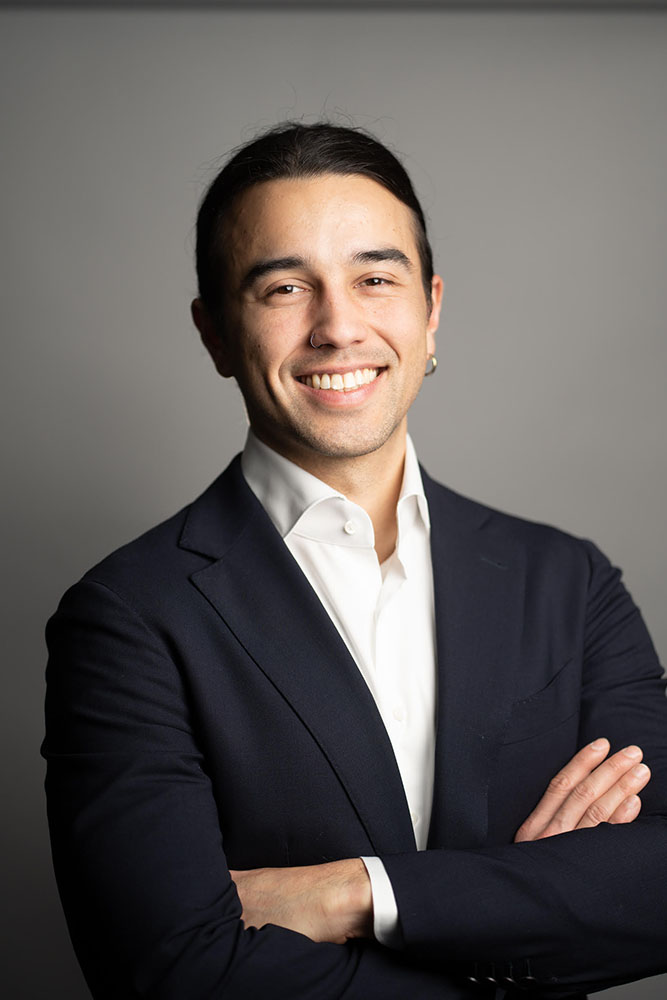
Timmy Châu
Timmy Châu serves as the Community Outreach Lead of the National Parole Transformation Project at the MacArthur Justice Center (MJC).
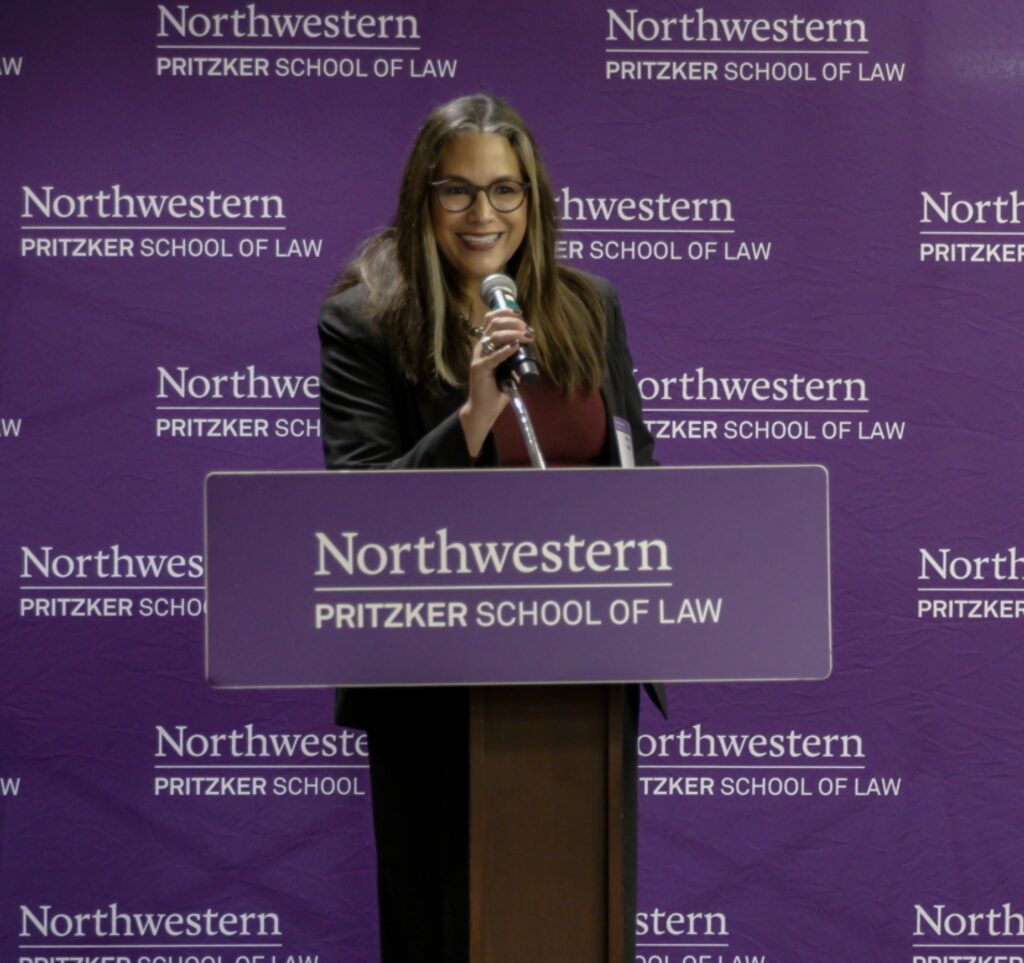
Sheila Bedi (Moderator)
Sheila Bedi is a clinical professor of law at the Northwestern Pritzker School of Law and director of the Community Justice and Civil Rights Clinic.
CLE Materials
- D Dangaran, Bending Gender: Disability Justice, Abolitionist Queer Theory, and ADA Claims for Gender Dysphoria,137 Harv. L. Rev. F. 237 (2024)
- Sheila Bedi, Abolitionist Prison Litigators Checklist
- Complaint, C.B. v. Walnut Grove, No. 3:10-cv-663-DPJ-FBK (S.D. Miss. Nov. 16, 2010)
- Direct Action Planning Template
- FWD.us & The Center for Just Journalism, People First Language Guide
Challenging Immigration Detention
This panel will focus on lessons learned from organizing, litigation, and advocacy focused on issues around immigration detention and conditions of confinement, and how these efforts can support release of detained people and the closure of detention facilities nationwide.
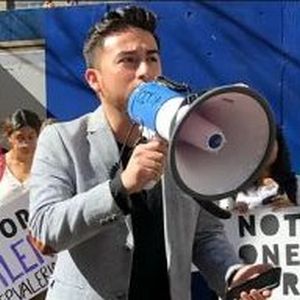
Edwin Carmona Cruz
Edwin Carmona Cruz is the Co-Executive Director of California Coalition for Immigrant Justice

Andrew Free
Andrew Free is an Atlanta-based lawyer, researcher, writer, teacher, and advocate, and is the Transparency Team Lead at the Human Rights Defense Center.
Guillermo Medina Reyes
Guillermo Medina Reyes is an organizer who was formerly detained at Golden State Annex ICE Detention Center, and served as a plaintiff in Mendez v. ICE, a lawsuit challenging ICE’s retaliation against detained people on hunger strike.
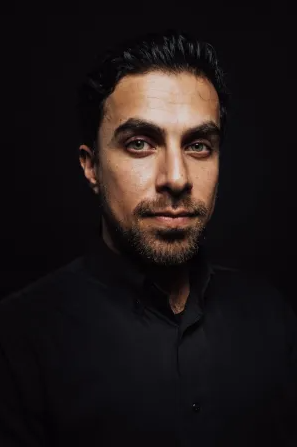
Hamid Yazdan Panah
Hamid Yazdan Panah is the Advocacy Director for Immigrant Defense Advocates (IDA), a policy project based in Sacramento, CA focused on detention.

Eunice Cho (Moderator)
Eunice Hyunhye Cho is a Sr. Staff Attorney at the ACLU National Prison Project.
CLE Materials
ACLU National Prison Project, Litigating Immigration Detention Conditions: An Introductory Guide (2024)
California SB 1132: Public Health Inspections in Private Detention
California AB 280: Segregated Confinement (Mandela Act)
First Amended Complaint, Mendez v. U.S. ICE, No. 3:23-cv-829 (N.D. Cal. Mar. 10, 2023)
Consolidated Amended Petition for Writ of Habeas Corpus, Oldaker v. Giles, No. 7:20-cv-224 (M.D. Ga.)
In re Youngers, No. 1:22-mc-30 (D.N.M.), Verified Petition to Perpetuate Testimony, ECF No. 1, Sept. 20, 2022; Order Granting Oral Depositions, ECF No. 6; Order Granting Petition to Perpetuate Testimony, ECF No. 15
12:30pm – 1:30pm: Lunch
1:30pm – 2:40pm: Concurrent Panels IV
Compassionate Release Strategies
The segment of incarcerated people aged 55 and older is one of the fastest growing groups in prisons across the country, and the costs of incarcerating the sick and elderly is high. But what does it really mean when we talk about the “greying” of the US prison population, and what is it actually like to grow old behind bars? What options do legal advocates, system-impacted people, medical professionals, and organizers have to help? At both the state and federal levels, there are legal processes that allow eligible people to be considered for early release on medical, geriatric, and humanitarian grounds. But do these processes currently live up to their promise? How can we bolster and expand compassionate release processes, so they meaningfully shrink our currently bloated system?
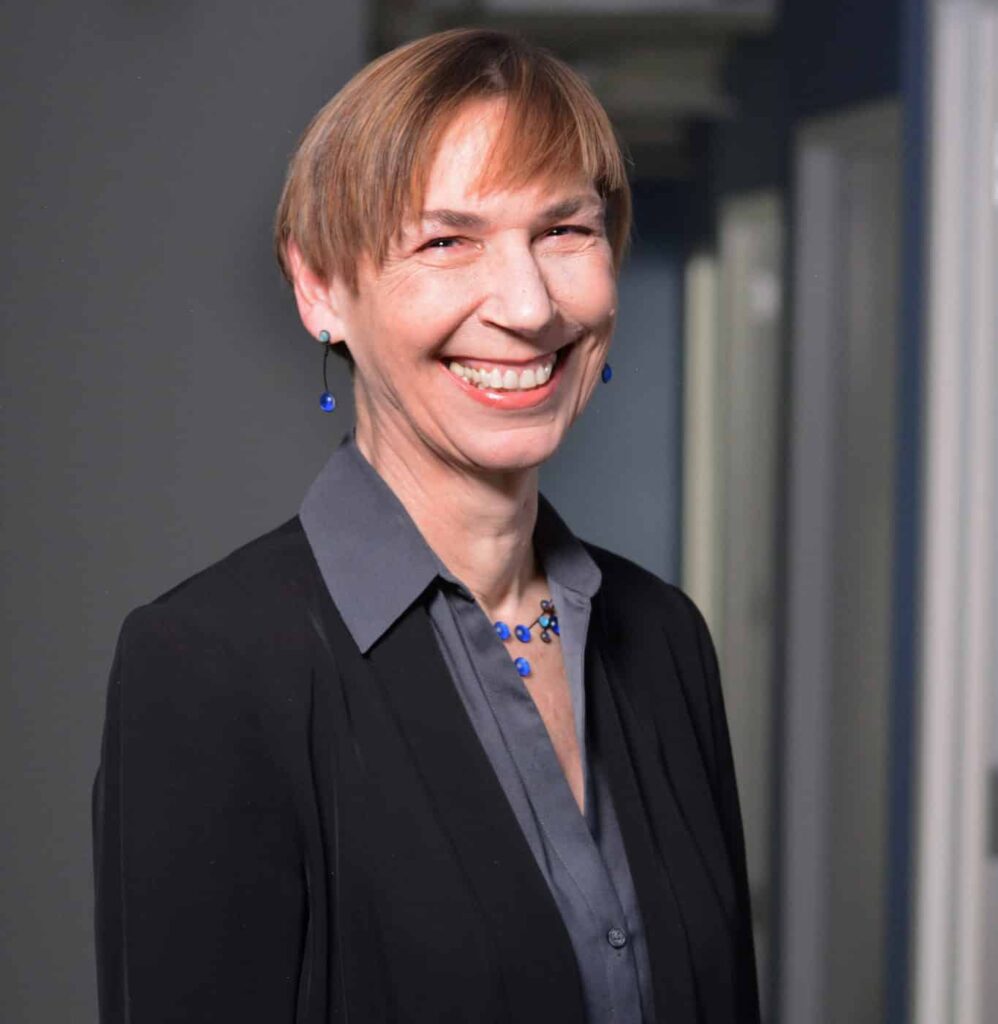
Mary Price
Mary Price directs the FAMM Litigation Project and advocates for reform of federal sentencing and corrections law and policy before Congress, the U.S. Sentencing Commission, the Bureau of Prisons, and the Department of Justice.
Lois Ratcliff
Lois Ratcliff is the mother of Farrell Sampier, a named plaintiff in the Lewis v. Cain litigation and a friend of the Promise of Justice Initiative.
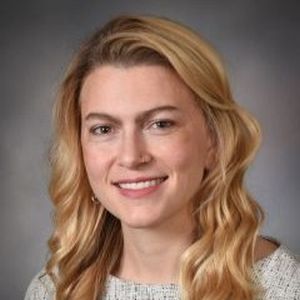
Amy Zeidan
Dr. Amy Zeidan is the Medical Director of the Grady Memorial Hospital Medical-Legal Partnership and dedicated to harnessing medical-legal partnerships to advance the health rights of structurally vulnerable populations.

Alyssa Gordon (Moderator)
Alyssa Gordon is a 2023-2025 Borchard Fellow in Law & Aging at the American Civil Liberties Union’s National Prison Project in Washington, D.C., where she focuses on expanding underutilized compassionate release laws in carceral settings to promote decarceration and help elderly incarcerated people secure release.
CLE Materials
- Annette M Dekker et al., A Call for Increased Transparency and Accountability, 36 The Lancet, 1, 1-7 (2024)
- Lois Ratcliff, A Filthy New Orleans Jail Made My Son Sick, The ‘Cruel and Unusual’ Medical Treatment at Angola Prion Killed Him,The Marshall Project (July 29, 2021)
- Compassionate Release Toolkit
- Mary Price, Everywhere and Nowhere (June 2018)
Strategies for Attacking Solitary Confinement
This facilitated conversation aims to create a space for open dialogue, mutual learning, and to gain a collective understanding among activists, lawyers, and advocates about the ways solitary confinement is used to oppress organizing efforts in prison, as well as disparities in the use of solitary confinement that disproportionately affect people of color, LGBTQI+ people, and people with disabilities. The session will also address legislative, political, and legal efforts to end solitary confinement, including the use of international human rights law in domestic advocacy.
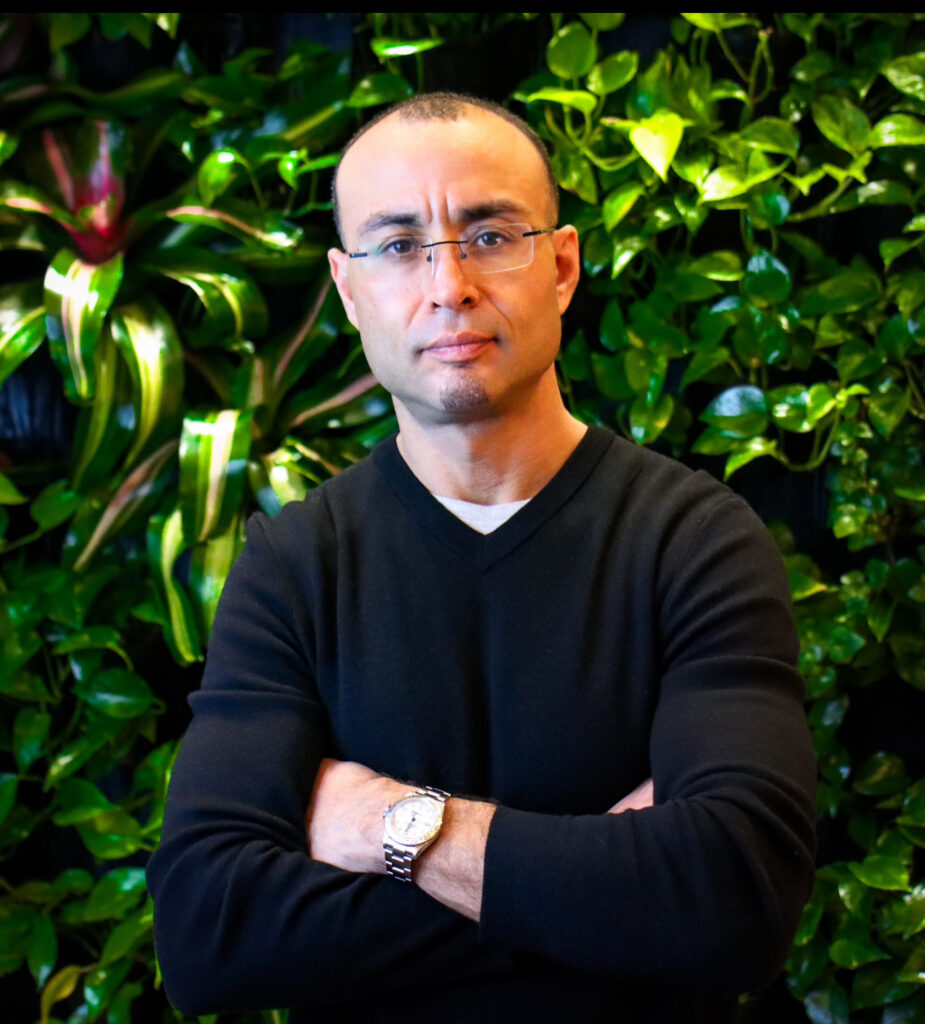
Robert Saleem Holbrook
Robert Saleem Holbrook is the Executive Director of the Abolitionist Law Center, and a Co-Founder of Human Rights Coalition.
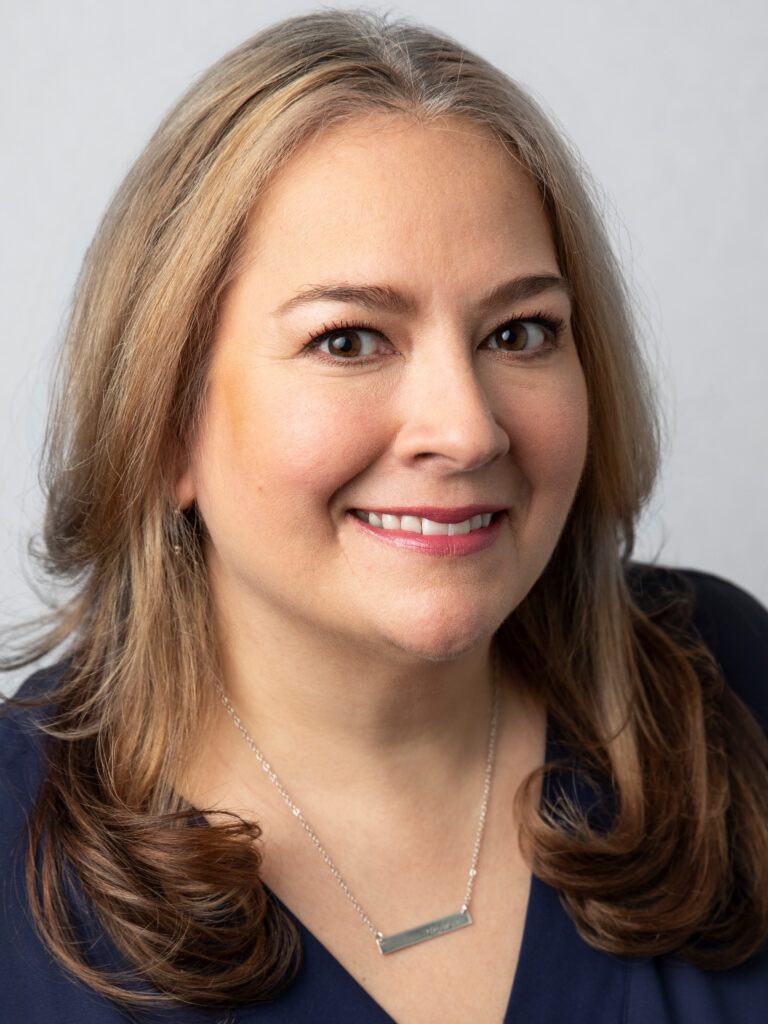
Jessica Sandoval
Jessica Sandoval, National Director, Unlock the Box Campaign to End Solitary Confinement
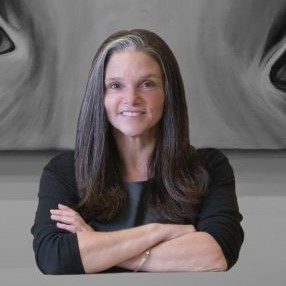
Laura Rovner (Moderator)
Laura Rovner, Professor of Law & Director, Civil Rights Clinic, University of Denver Sturm College of Law
CLE Materials
- Andrea Craig Armstrong, The Missing Link: Jail and Prison Conditions in Criminal Justice Reform, 80 La. L. Rev. 1 (2020)
- Second Amended Class Action Complaint, Bell v. Little, No. 2:22-cv-01516-CRE (W.D. Pa. Sept. 29, 2023)
- Lauren Brinkley-Rubinstein et al., Association of Restrictive Housing During Incarceration With Mortality After Release, 2 JAMA Network Open e1912516 (2019
- Amended Class Action Complaint, Hammond v. Pa. Dep’t of Corr., No 2:24-cv-00922-TJS (E.D. Pa. May, 29, 2024)
- Robert Saleem Holbrook, Abolitionist Law Center, Testimony of the Abolitionist Law Center Presented before the Pennsylvania House Judiciary Committee (March 5, 2024)
- Consent Order and Judgement, Howard v. Williams, No. 20-cv-1389 (W.D. Pa. July 30, 2024)
- Complaint, Roe v. Precythe, No. 2:23-cv-04129-BCW (W.D. Mo. June 27, 2023)
Advocating for and with Incarcerated LGBTQ+ People
This panel explores how we can advocate not just for, but with incarcerated members of the LGBTQ+ community. Attendees will have the opportunity to hear from advocates who approach this work from various angles, including: Jack Einstein, ARC Gender Justice, a senior paralegal who helps lead ARC’s gender justice work across prison walls. Dee Farmer, an expert, legal consultant, and nationally-recognized civil rights advocate directly impacted by the carceral system whose lawsuit, Farmer v. Brennan, marked the first time SCOTUS heard a case involving a plaintiff who disclosed they were transgender. A.D. Lewis, People’s Law Office, a movement lawyer who routinely advocates for trans rights in federal courts around the country while engaging in non-litigation advocacy to amplify and expand their impact. And Richard Saenz, Lambda Legal, an experienced trial attorney who has received national recognition for his work on behalf of LGBTQ+ people and those living with HIV, and who is the project manager and co-author of Protected and Served? 2022, Lambda Legal’s groundbreaking community survey on the experiences of LGBTQ+ people and people living with HIV with the criminal legal system.
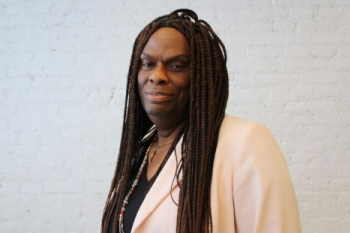
Dee Farmer
A expert, legal consultant, and nationally-recognized civil rights advocate directly impacted by the carceral system. Fight4Justice.info
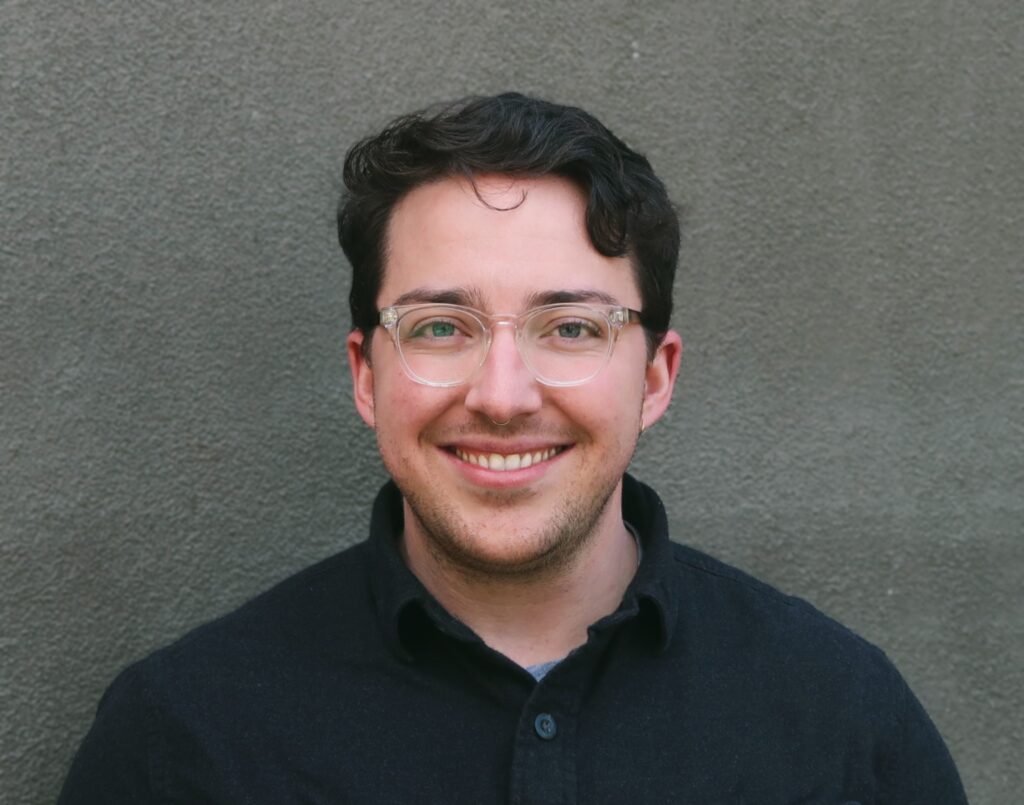
A.D. Lewis
A.D. Lewis, Prison Law Office, a lawyer who works alongside incarcerated TGI people to challenge harmful conditions (medical care, housing, out of cell time, sexual violence) by leveraging class action litigation and non-litigation advocacy to amplify and expand PLO’s impact.
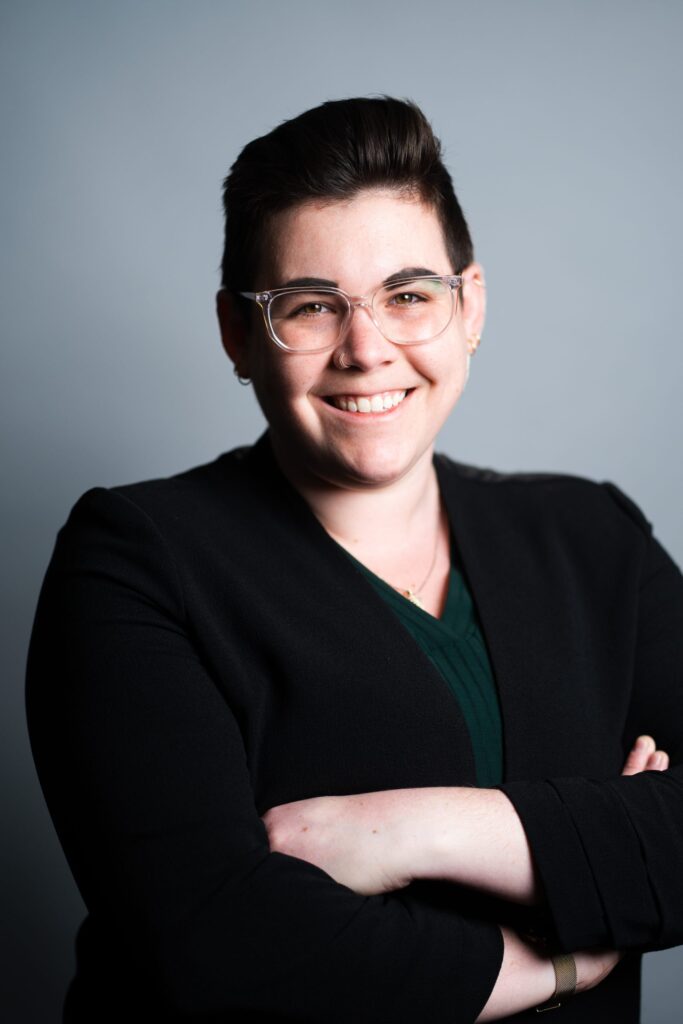
Danielle Berkowsky (Moderator)
Danielle Berkowsky (she/her) is an attorney at the MacArthur Justice Center.
CLE Materials
- American Bar Association, Standing Committee on Legal Aid and Indigent Defense, Ten Principles of a Public Defense Delivery System (2023)
- Somjen Frazer et al., 2022 Community Survey of LGBTQ+ People and People Living with HIV’s Experiences with the Criminal Legal System, Protected and Served? (2023).
- Somjen Frazer et al., Protected and Served? (2023), http://protectedandserved.org/2022-report-spotlight-reportdetained-participants
- Advancing Transgender Justice: Illuminating Trans Lives Behind and Beyond Bars, Kelsie Chesnut and Jennifer Peirce, Advancing Transgender Justice: Illuminating Trans Lives Behind and Beyond Bars (New York: Vera Institute of Justice, 2024).
- ARC Gender Justice, Practical Skills for Legislative Advocacy, Coalitions (2024)
- Cait Smith, Barriers to Employment for LGBTQI+ People Who Are Affected By The Criminal Legal System, Center for American Progress (2024)
- Chinyere Ezie, Dismantling the Discrimination to Incarceration Pipeline for Trans People of Color, 19.2 U. of St. Thomas L.J. 276 (2023)
- Lourdes Ashley Hunter, et al., Intersecting Injustice, A National Call to Action , Social Justice Sexuality Project, U. of NY (2018)
- Todd Brower, et al. Jury Selection and Anti-LGBT Bias, Lambda Legal (2015)
- How the Broken Criminal Justice System Fails LGBT People of Color (graphic), MAP & CAP, Unjust (2016)
- The Center for American Progress and the Movement Advancement Project, How the Broken Criminal Justice System Fails LGBT People of Color, Unjust (2016)
- The Center for American Progress and the Movement Advancement Project, Le Gente Latina LGBT Y El Sistema Penal, Unjust (2016)
- The Center for American Progress and the Movement Advancement ProjectLatino LGBT People & the Criminal Justice System, MAP & CAP (2016)
- National Center for Transgender Equal, LGBTQ People Behind Bars (2018)
- Richard Saenz, A Crisis Behind Bars, Legal Issues Impacting Transgender People in Prisons, ABA (Jan. 22, 2024)
- Transgender Advocacy Group, Trans Health Care Inside (2024)
- Transgender Law Center, Transgender People and Law Enforcement Interactions Rights and Realities
- Winston Luhur et al., Policing LGBQ People, Brief, (The Williams Institute, L.A., CA.) 2021
- ARC Gender Justice, Legislative Advocacy Guide for TGI Folks Inside Prisons (Apr. 2024)
- Transgender Advocacy Group, Trans Health Care on the Inside: Masculinizing Top Surgery for TGI people in California prisons
Successful Non-Litigation Advocacy for Incarcerated People
This panel presents an opportunity for robust discussion about creative ways we can advocate for incarcerated people outside of litigation. We hope this panel discussion inspires attendees to think creatively about advocacy strategies, and to work collaboratively with non-lawyers toward liberation. Attendees will have the opportunity to hear from advocates who have employed creative non-litigation strategies around the country, including: Margot Mendelson, Prison Law Office, who partners with California’s Protection & Advocacy Agency to eliminate torturous solitary conditions in county jails without the need for lengthy litigation. Imani Mfalme, Community Defense of East Tennessee, who is part of a larger Participatory Defense Network and works to engage families and communities in their defense so that they feel empowered to change and move the system, all in an effort to end mass incarceration. Alison Mollman, ACLU of Alabama, who spearheads parole watch efforts in Alabama and has spent years fighting for transparency in parole proceedings and building relationships with parole board members, resulting in an increase in parole grant rates.
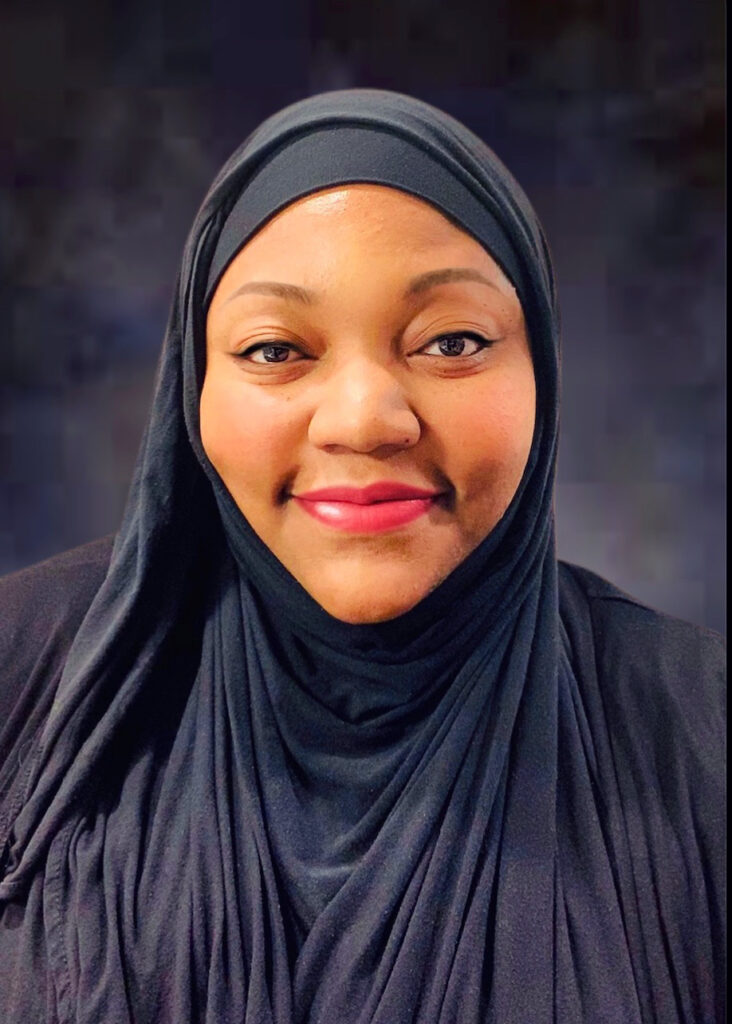
Imani Mfalme-Shu’la
A community organizer who leads the Community Defense of East Tennessee, a nonprofit that stands beside and works with those who are facing criminal charges.
2:40pm – 3:00pm: Afternoon Break
3:00pm – 4:10pm: Concurrent Panels V
Reproductive Rights and Care for Incarcerated People
Panelists will discuss the current state of reproductive health care for incarcerated people, including pregnancy and birth related care, access to abortion, and family unification. Perspectives range from research, litigation, and individual advocacy efforts in the south and nationally.
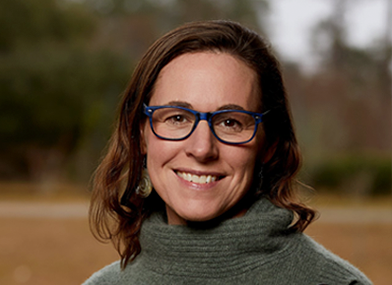
Amy Ard
Amy Ard is the Executive Director of Motherhood Beyond Bars in her home state of Georgia, where she advocates for and works directly with incarcerated pregnant women and families impacted by incarceration.
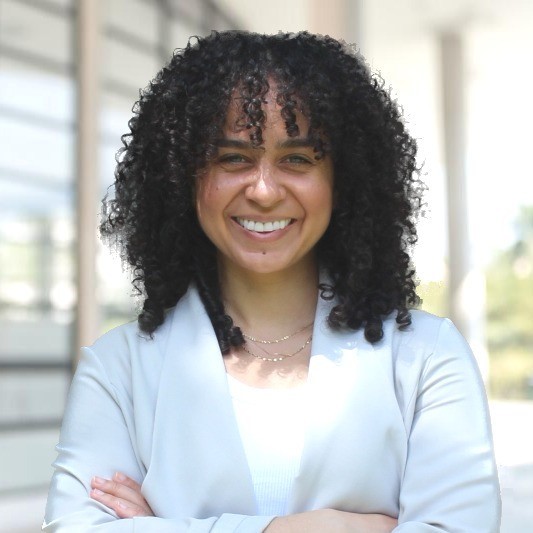
Camille Kramer
Camille Kramer is the Research Program Manager for the Advocacy and Research on Reproductive Wellness of Incarcerated People (ARRWIP) research group at Johns Hopkins University.
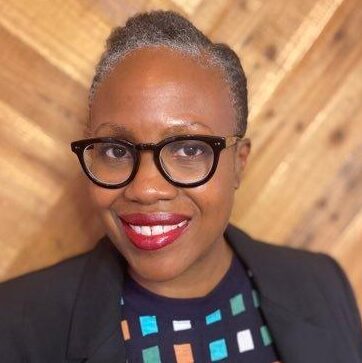
Karen Thompson
Karen Thompson (she/her) joined Pregnancy Justice as legal director in 2024; she was previously a senior staff attorney at the American Civil Liberties Union of New Jersey and the Innocence Project.

Mercedes Montagnes (Moderator)
Mercedes has spent her career litigating against prisons in Louisiana and recently transitioned to working with individual clients to support their work.
CLE Materials
- Carolyn Sufrin et al., Abortion Access for Incarcerated People, American College of Obstetricians & Gynecologists (2021)
- Jury Trial Demanded, Caswell v. Etowah Cnty, No. 4:23-cv-01380-ACA-NAD (N.D. Ala. Nov. 13, 2023)
- Motherhood Beyond Bars Process Map
- Caroline Sufrin at al., “I mean, I didn’t really have a choice of anything:” How incarceration influences abortion decision-making and precludes access in the United States. Perspect Sex Reprod Health. 1, (2023)
Fighting Excessive Force
People behind bars live with the looming threat of force by custody staff. Lawsuits seeking damages or injunctions relating to excessive force are challenging for many reasons, among them loose constitutional standards, and difficulties relating to proof. The panelists will share their experience surmounting those hurdles and obtaining money and injunctive remedies.
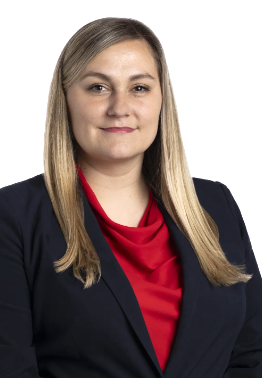
Sarah Grady
Sarah has represented thousands of currently and formerly incarcerated individuals, and their families, at trial and on appeal.
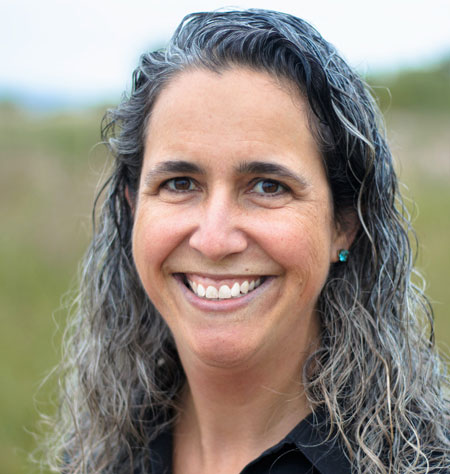
Corene Kendrick
Corene Kendrick joined the ACLU National Prison Project as Deputy Director in 2020, and she directs litigation and policy advocacy on behalf of incarcerated people across the country.
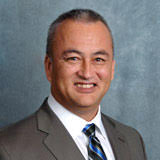
Dan Pacholke
Dan Pacholke served WA Doc for 33 years, retiring as Secretary. He provides consulting work at New York University, National Institute of Corrections and Defense Technology Corporation. Since 2018 has served as an Expert in order to advance safe, humane and therapeutic environments.

Alan Mills (Moderator)
For the past 45 years,
Alan has litigated both individual and class action cases against the Illinois Department of Corrections, including cases relating to parole, solitary, medical, and mental health care.
CLE Materials
- Defense Brief, Ross v. Gossett, No. 20-1992 (7th Cir. Oct. 9, 2020)
- Plaintiffs Brief, Ross v. Gossett, No. 20-1992 (7th Cir. Jan. 8, 2021)
- Defense Reply Brief, Ross v. Gossett, No. 20-1992 (7th Cir. Feb. 19, 2021)
- WRAP Policy, Exhibit 2, No. 2:12-cv-00428-DDP-MRW
- Limitation on UOF Policy, Exhibit 1, No. 2:12-cv-00428-DDP-MRW
- Proposed Order, Rosas v. Luna, No. 2:12-cv-00428-DDP-MRW (C.D. Cal. July 8, 2024)
- Panel’s 13th Report, Rosas v. Luna, No. 2:12-cv-00428-DDP-MRW (C.D. Cal. May 21, 2024)
- Plfs Memo of Points and Authorities ISO Mot. to Modify Implementation Plan, Rosas v. Luna, No. 2:12-cv-00428-DDP-MRW (C.D. Cal. May 31. 2023)
- Redacted Sinclair Declaration, Rosas v. Luna, No. 2:12-cv-00428-DDP-MRW (C.D. Cal. May 31, 2023)
- Redacted Bigler Declaration, Rosas v. Luna, No. 2:12-cv-00428-DDP-MRW (C.D. Cal. May 31, 2023)
- Redacted Dunn Declaration, Rosas v. Luna, No. 2:12-cv-00428-DDP-MRW (C.D. Cal . May 31, 2023)
- Redacted Eliasberg Declaration, Rosas v. Luna, No. 2:12-cv-00428-DDP-MRW (C.D. Cal. May 31, 2023)
- Redacted Samra Declaration, Rosas v. Luna, No. 2:12-cv-00428-DDP-MRW (C.D. Cal. May 31, 2023)
- Redacted Thomas Declaration, Rosas v. Luna, No. 2:12-cv-00428-DDP-MRW (C.D. Cal. May 31, 2023)
Death Row Conditions
People who are incarcerated on death row spend the majority of their days in solitary confinement, and suffer psychological and physical harm as a result of their prolonged incarceration and isolation. This panel will center the lived experiences of those who have been incarcerated on death row in Alabama, Illinois, and Tennessee. We will also hear from an attorney who has successfully litigated conditions of confinement issues on Florida’s death row. This panel will not be strictly “legal” and is for anyone interested in exploring how we can amplify and center the voices and perspectives of incarcerated people when doing conditions work.
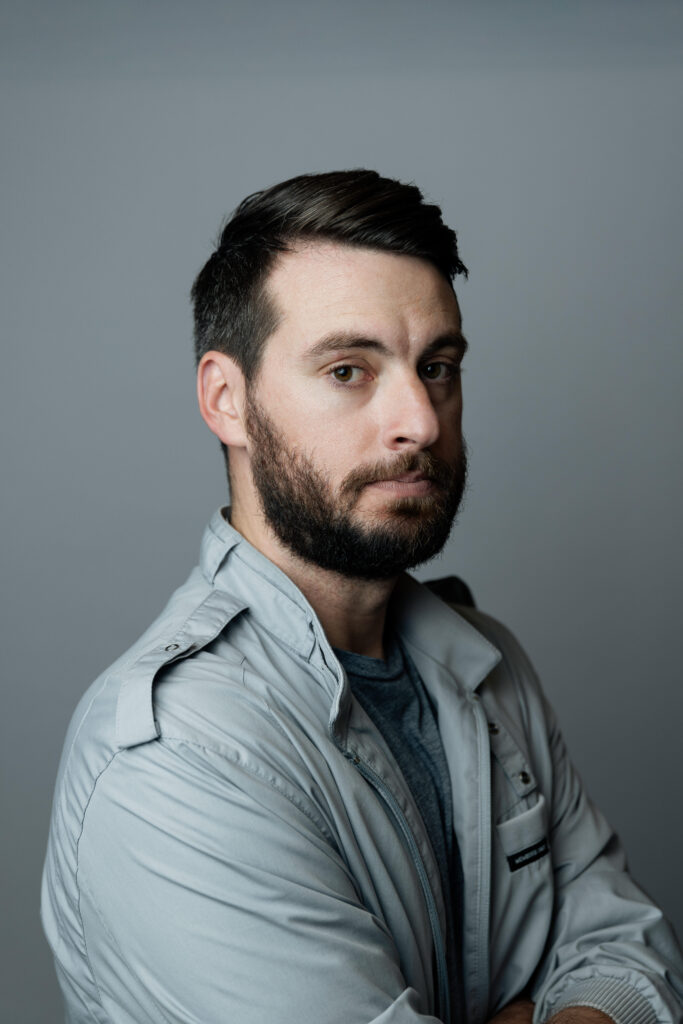
Steven Hale
Steven Hale, criminal justice and public safety reporter for Nashville Banner, author of book Death Row Welcomes You.
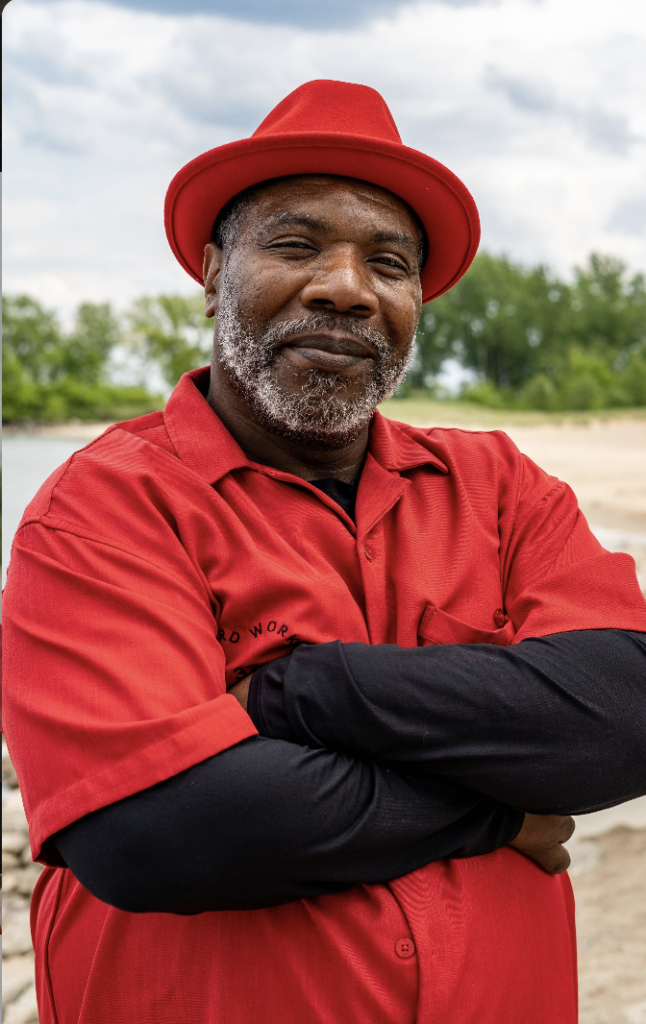
Renaldo Hudson
Renaldo Hudson, Illinois death row survivor, Education Director at Illinois Prison Project
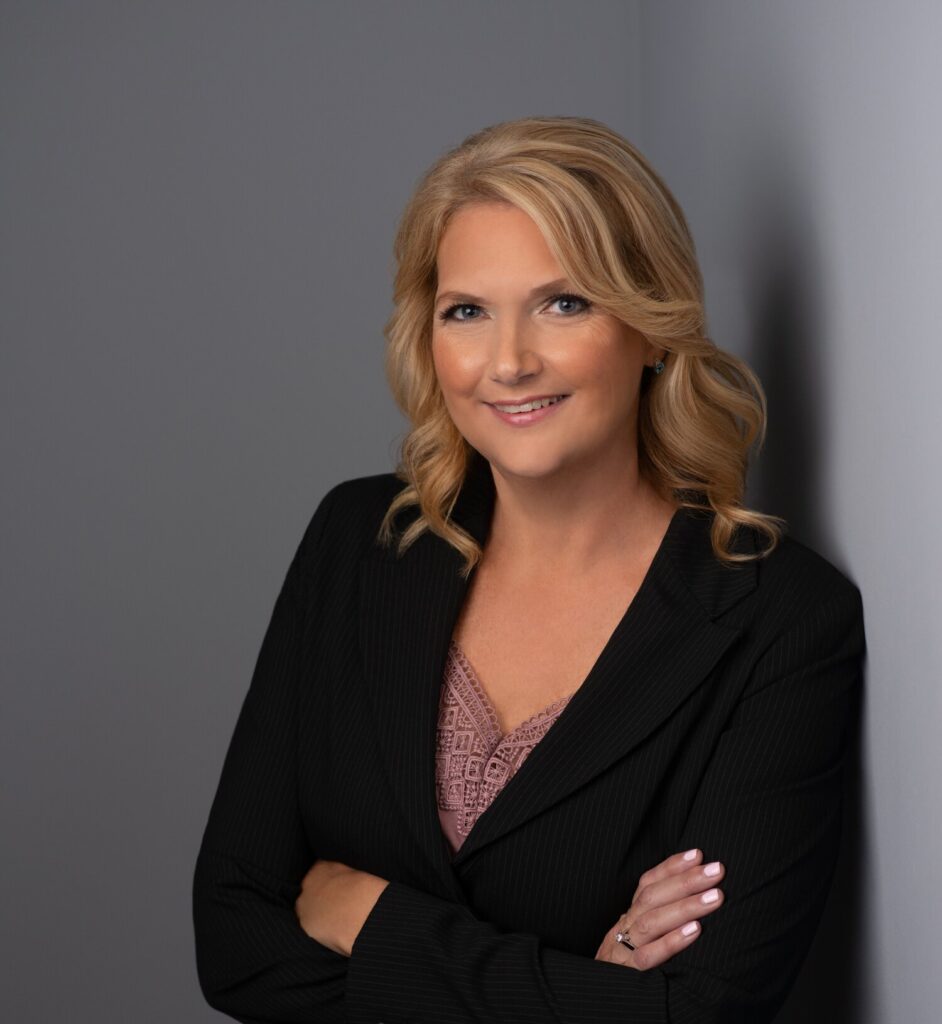
Linda McDermott
Linda McDermott, Chief of Capital Habeas Unit, Office of the Federal Public Defender for the Northern District of Florida
Children in Prison: Challenging Conditions, Demanding Closure
This panel will center the experiences of the Louisiana youth who used litigation to challenge their transfer from a youth prison to the notorious Angola prison and strategies for balancing demands to protect youth who are currently incarcerated with demands to end youth incarceration. Panelist Gina Womack, founder and Executive Director of Families and Friends of Louisiana’s Incarcerated Children, will provide an overview of the long history of struggle to transform Louisiana’s youth justice system and best practices for lawyers collaborating with organizers and families in prison conditions litigation. Mari Dominguez-Ruiz, Staff Attorney with the ACLU National Prison Project, will discuss lessons learned from the Angola litigation, including strategies for litigating emergency relief on behalf of youth held in potential lethal conditions. Denzel Burke, founder of the REAL Youth Initiative, who develops political education and community building programming for currently and formerly incarcerated youth will ground the panel in the national youth led movement to abolish prisons.
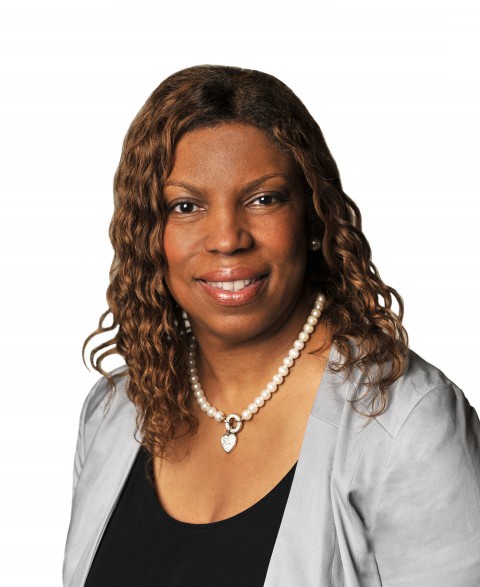
Gina Womack
Founder and Executive Director of Families and Friends of Louisiana’s Incarcerated Children.

Sheila Bedi (Moderator)
Sheila Bedi is a clinical professor of law at the Northwestern Pritzker School of Law and director of the Community Justice and Civil Rights Clinic.
CLE Materials
- Complaint, Alex v. Edwards, No. 3:22-cv-00573-SDD-RLB (M.D. La. Aug. 19, 2022)
- Denzel Burke, Going Back Inside: Reflections, Community Safety & The Future of Illinois’ Youth Prisons, November 2020
- Youth First, Breaking Down the Walls, Lessons Learned From Successful State Campaigns to Close Youth Prisons
4:15 – 5:15pm:
Keynote Speaker: Stephen Bright
Stephen B. Bright is a Harvey L. Karp Visiting Lecturer in Law at Yale Law School. He has tried capital cases before juries in Alabama, Georgia, and Mississippi, and argued cases before state and federal appellate courts, including four capital cases before the United States Supreme Court. The Supreme Court reversed three cases because of racial discrimination in jury selection and the fourth because of the denial of funds for a crucial expert witness.
He served as director the Southern Center for Human Rights in Atlanta from 1982 to 2005, and as its president and senior counsel from 2006 to 2016. Before joining the Southern Center, he was a legal services attorney in Appalachia; a public defender in Washington, D.C.; and director of a law school clinical program in Washington. He is also Visiting Associate Professor at the Georgetown University Law Center. Subjects of his litigation, teaching and writing include capital punishment, legal representation for poor people accused of crimes, conditions and practices in prisons and jails, racial discrimination in the criminal courts, and judicial independence. He is the author with former student and Yale Law graduate James Kwak of The Fear of Too Much Justice: Race, Poverty, and the Persistence of Inequality in the Criminal Courts (2023).
Bright received the American Bar Association’s Thurgood Marshall Award in 1998. The Daily Report, a legal newspaper in Georgia, named him “Agitator (and Newsmaker) of the Year” in 2003 for his contribution to bringing about creation of a public defender system in Georgia, and “Lawyer of the Year” in 2017 for his success in challenging racial discrimination before the United States Supreme Court in the case of Foster v. Chatman. His work is the subject of Robert L. Tsai, Demand the Impossible: One Lawyer’s Pursuit of Equal Justice for All (Norton, March 2024); William S. McFeely, Proximity to Death (1999), and Katya Lezin, Finding Life on Death Row (1999), and a film, Fighting for Life in the Death Belt (EM Productions, 2005).
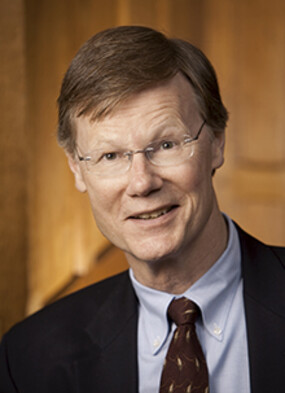
Stephen Bright
Stephen B. Bright, former executive director of the Southern Center for Human Rights and nationally recognized capital defense lawyer, professor, and civil rights advocate.
6:00pm – 8:00pm: Reception at the Southern Center for Human Rights (60 Walton St NW, Atlanta, GA 30303-2149)
Registration
Cost for in-person attendance: $150 (includes breakfast, lunch and two receptions).
Cost for virtual attendance: $75, to help cover the cost of the technical support.
Note: only the plenary sessions will be livestreamed for virtual attendees. Concurrent panels will not be available remotely.
If the in-person and/or the virtual conference registration fee presents a hardship, we can provide a fee waiver. The conference will be accessible to all regardless of ability to pay.
For more information about the conference (including sponsorship opportunities and fee waivers) please email prisonlawadvocacyconference@gmail.com.
Hotel Reservation
Hotel Block is exhausted.
Sponsors
Many thanks to the following sponsors of the 2024 Prison Law and Advocacy Conference
If you wish to make a donation, thank you!
Conference Planning Committee
- Andrea Armstong, Professor, Loyola University New Orleans, College of Law
- Sheila Bedi, Clinical Professor, Northwestern Pritzker School of Law; Director, Community Justice Clinic
- Amy Breihan, Co-Director, MacArthur Justice Center (St. Louis, Missouri)
- Eunice Cho, Senior Staff Attorney, ACLU National Prison Project
- Sharon Dolovich, Professor, UCLA School of Law; Director, UCLA Prison Law & Policy Program
- Emma Douglas, Senior Staff Attorney, Southern Poverty Law Center
- Sarah Grady, Partner, Kaplan & Grady
- Atteeyah Hollie, Deputy Director, Southern Center for Human Rights
- Nishi Kumar, Head of Medical Legal Projects, Medical Justice Alliance
- Alison Mollman, Legal Director, ACLU of Alabama
- Mercedes Montagnes, New Orleans
- Alan Mills, Executive Director, Uptown People’s Law Center
- Margot Mendelson, Executive Director, Prison Law Office
- Laura Rovner, Professor, Denver Sturm College of Law
- Margo Schlanger, Professor, University of Michigan Law School; Director, Civil Rights Litigation Clearinghouse
- Rebecca Shaeffer, National Disability Rights Network
- Terah Tollner, Associate, Kaplan & Grady
Much appreciation to the advocates who have volunteered their precious time to make this conference a success
